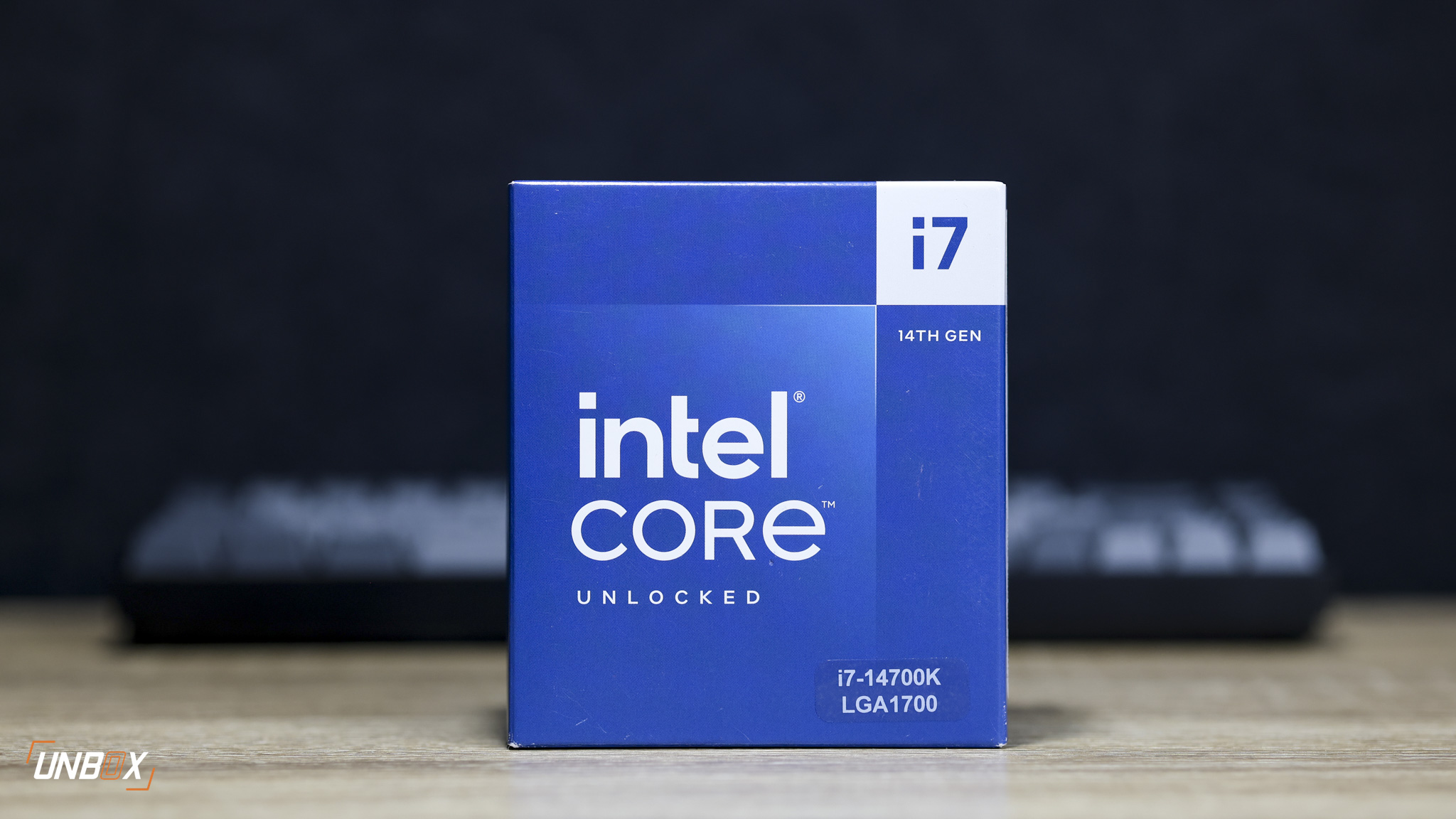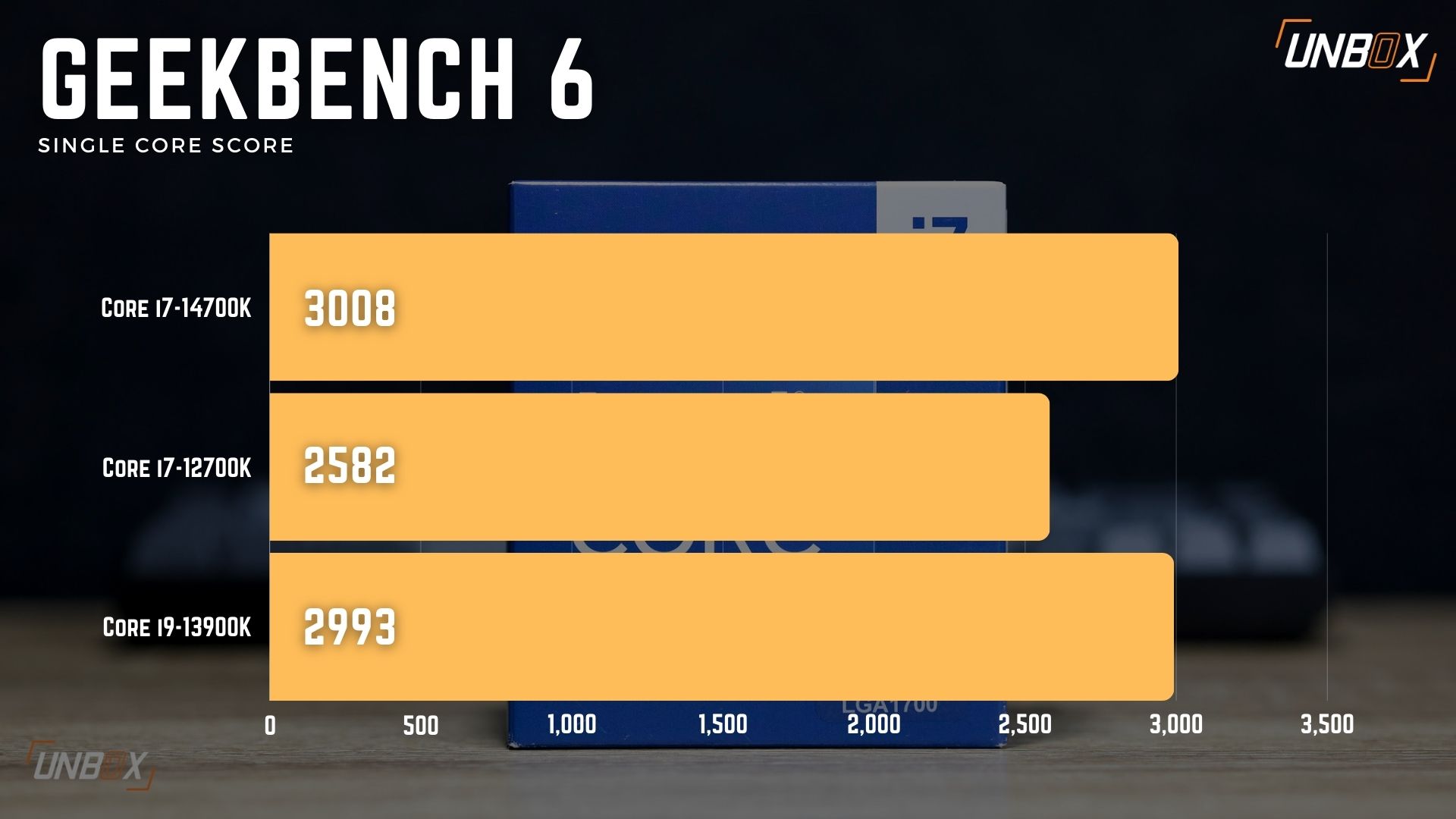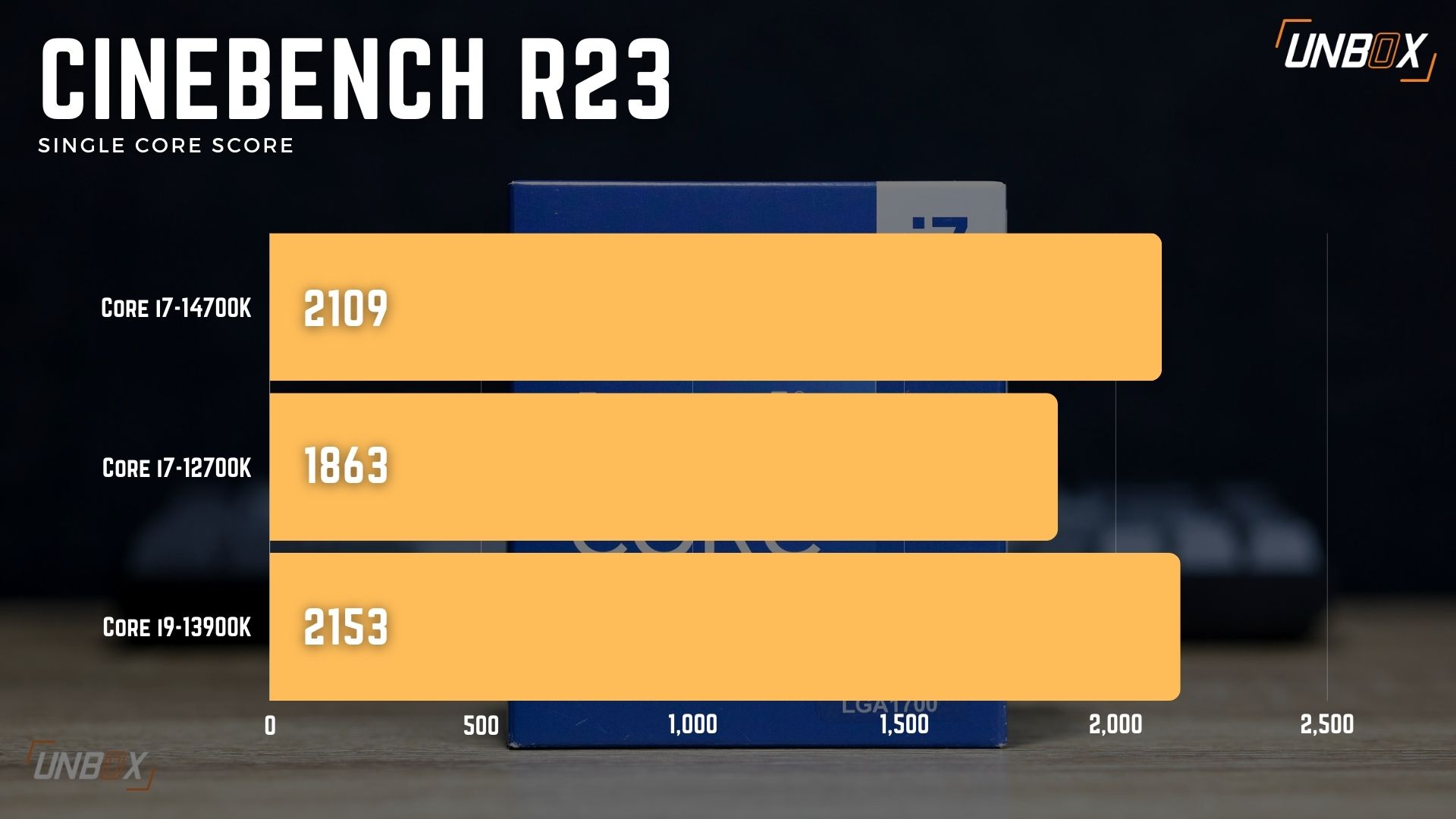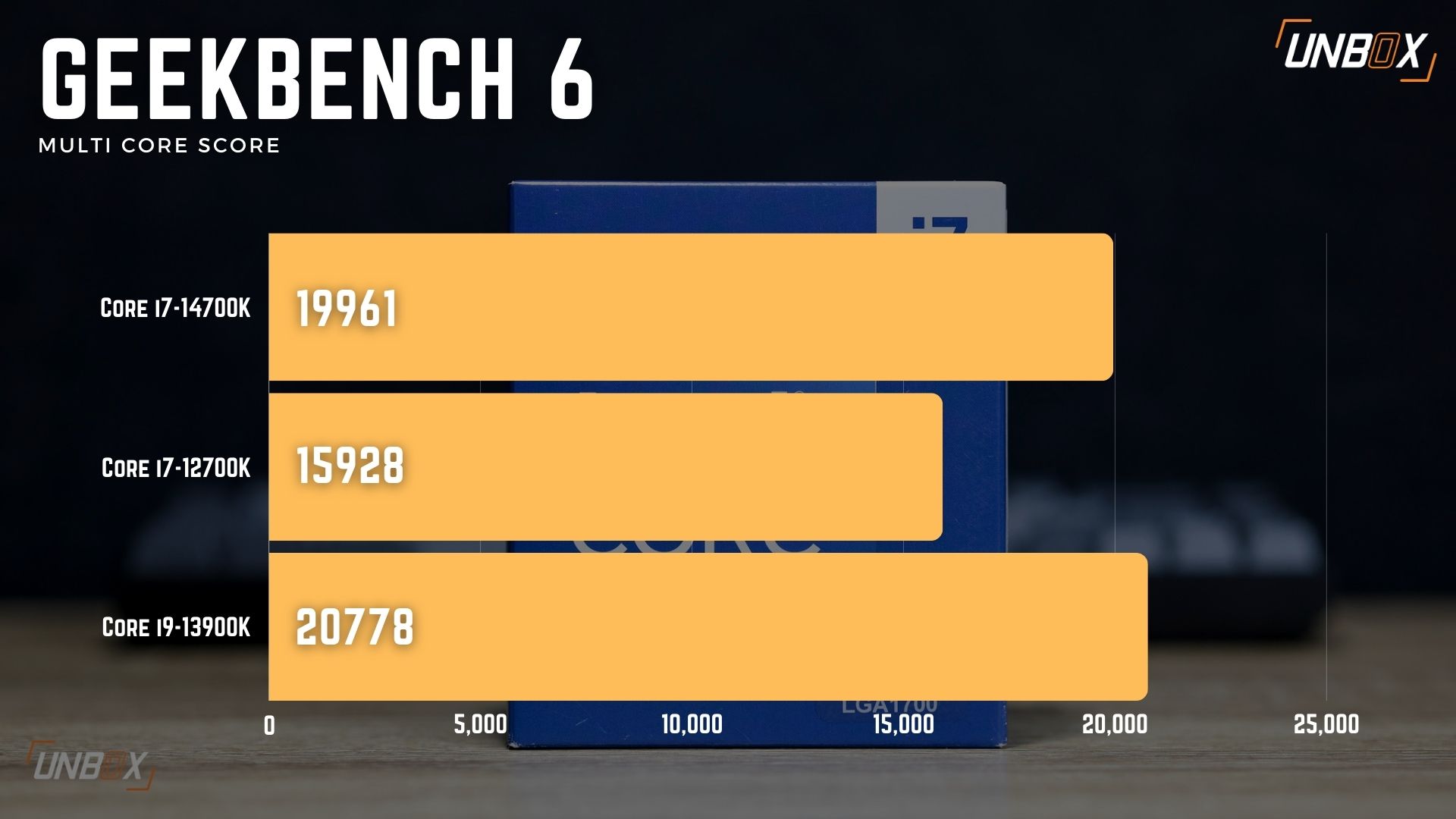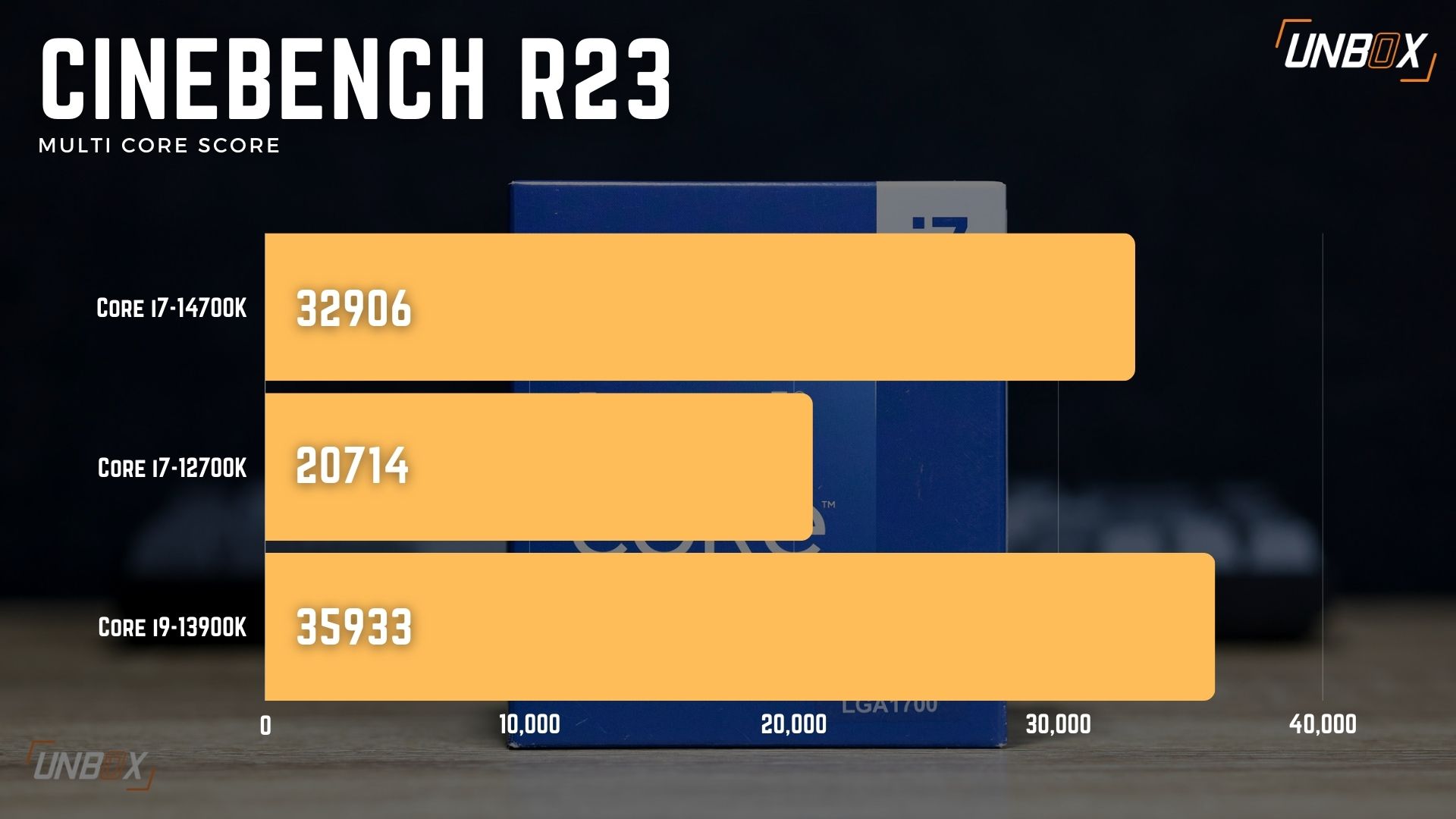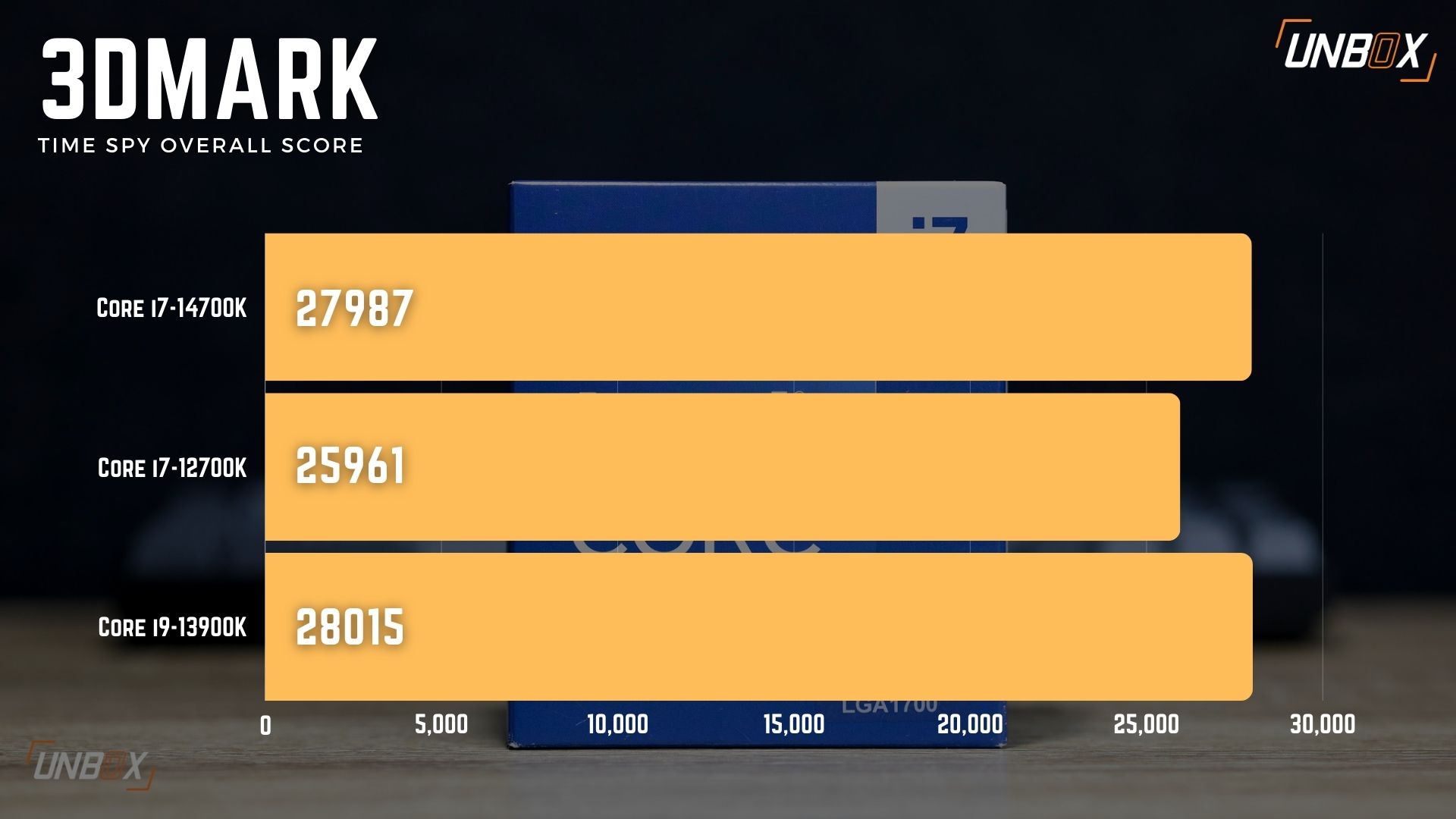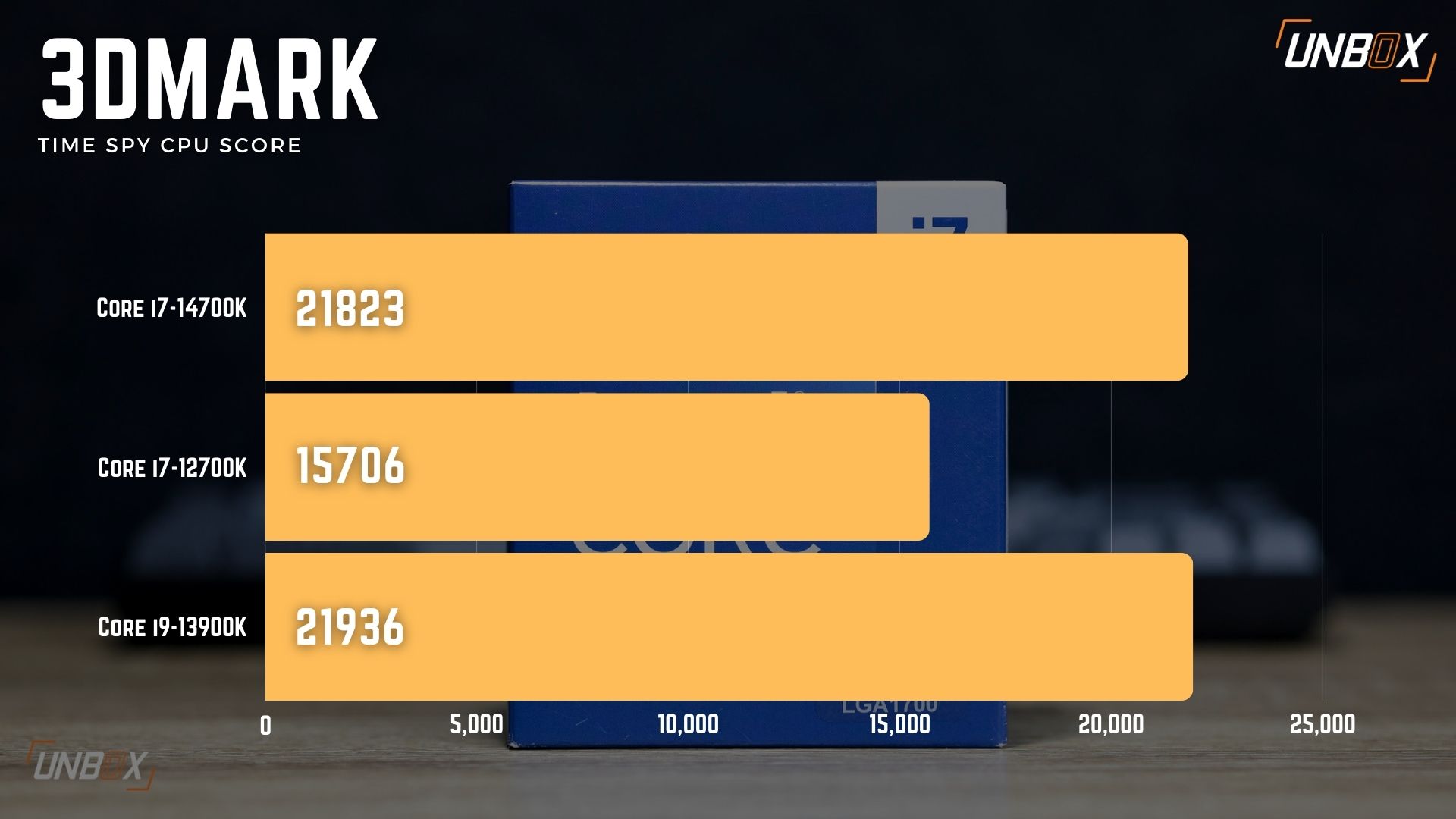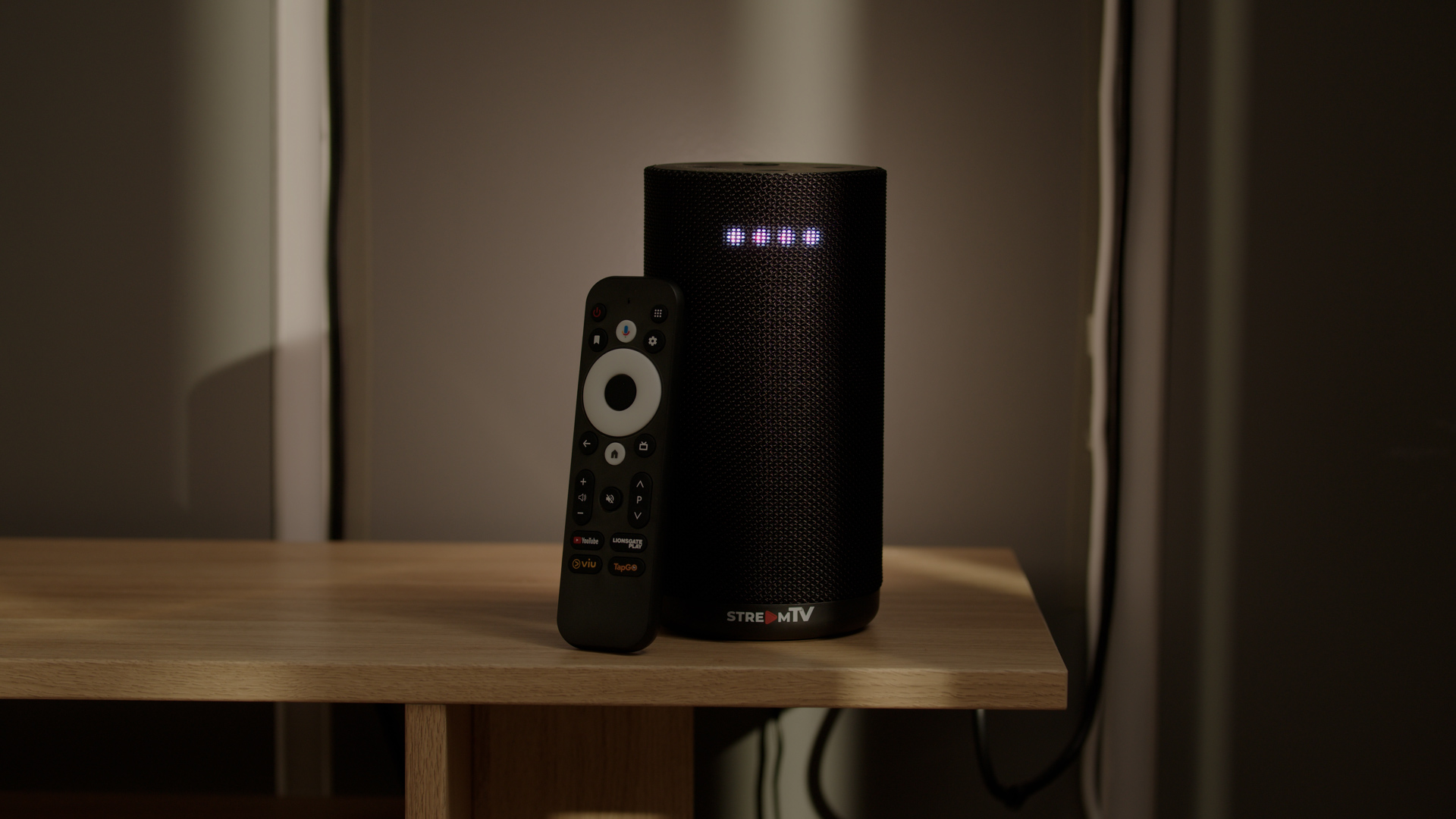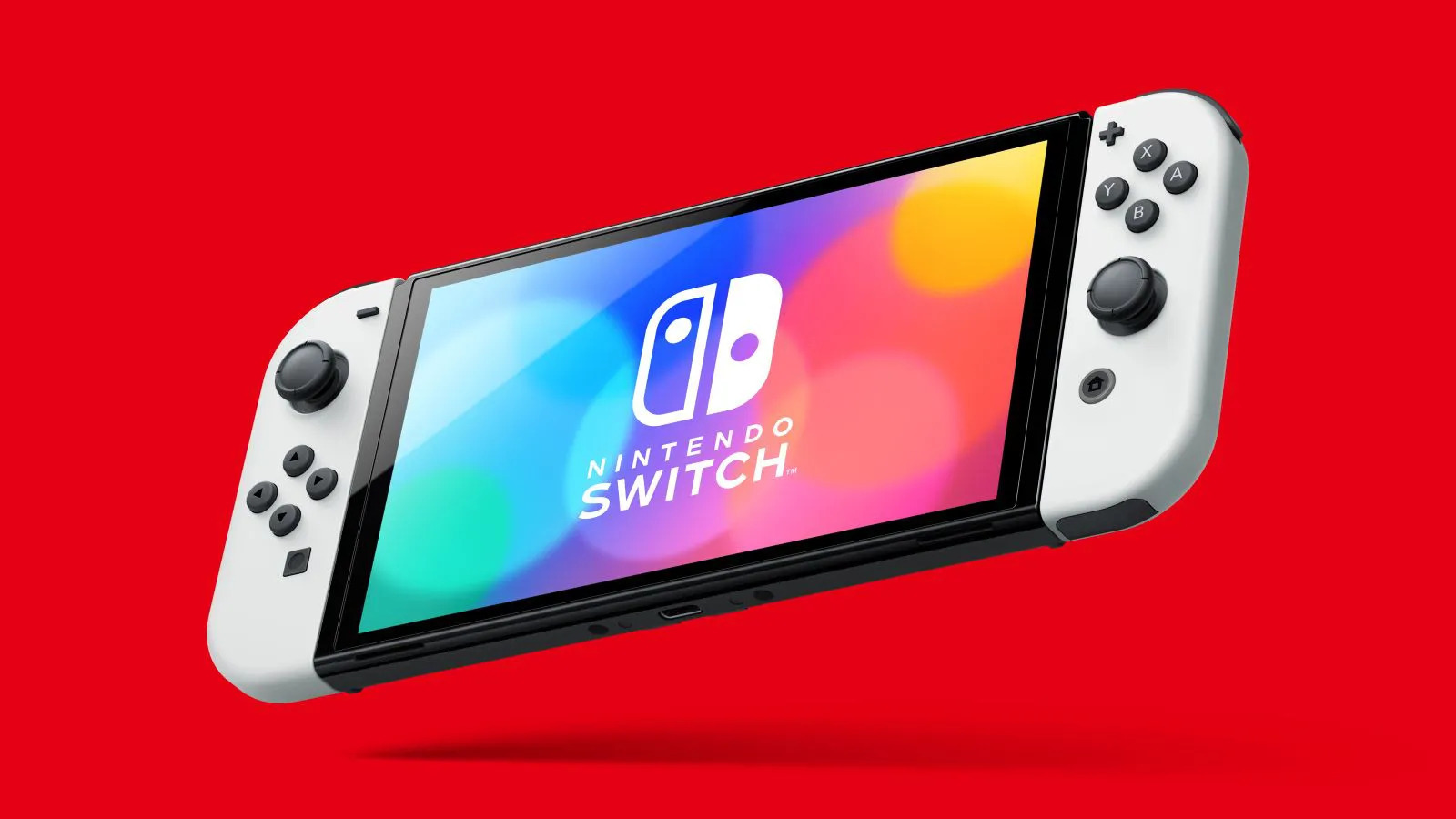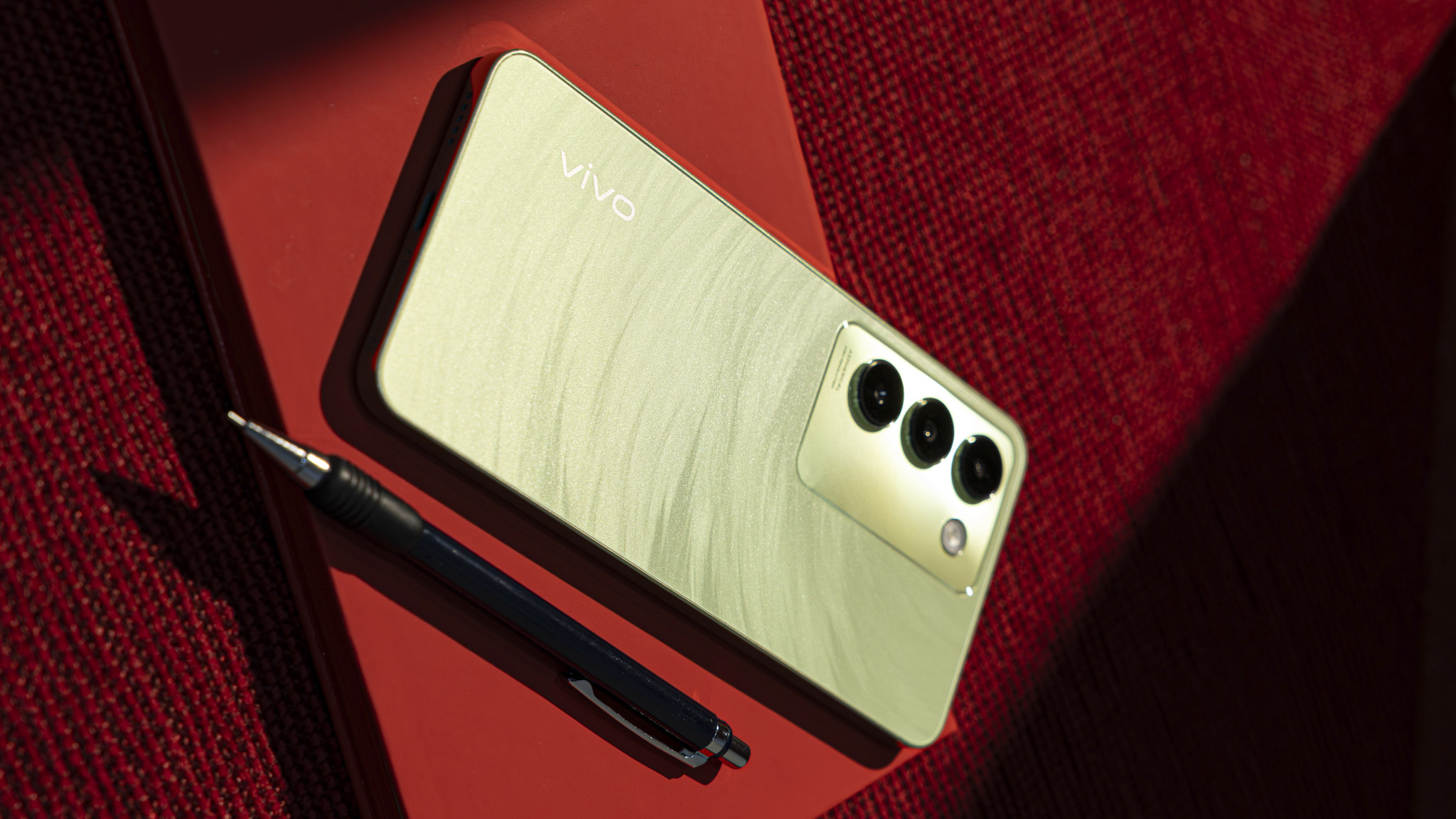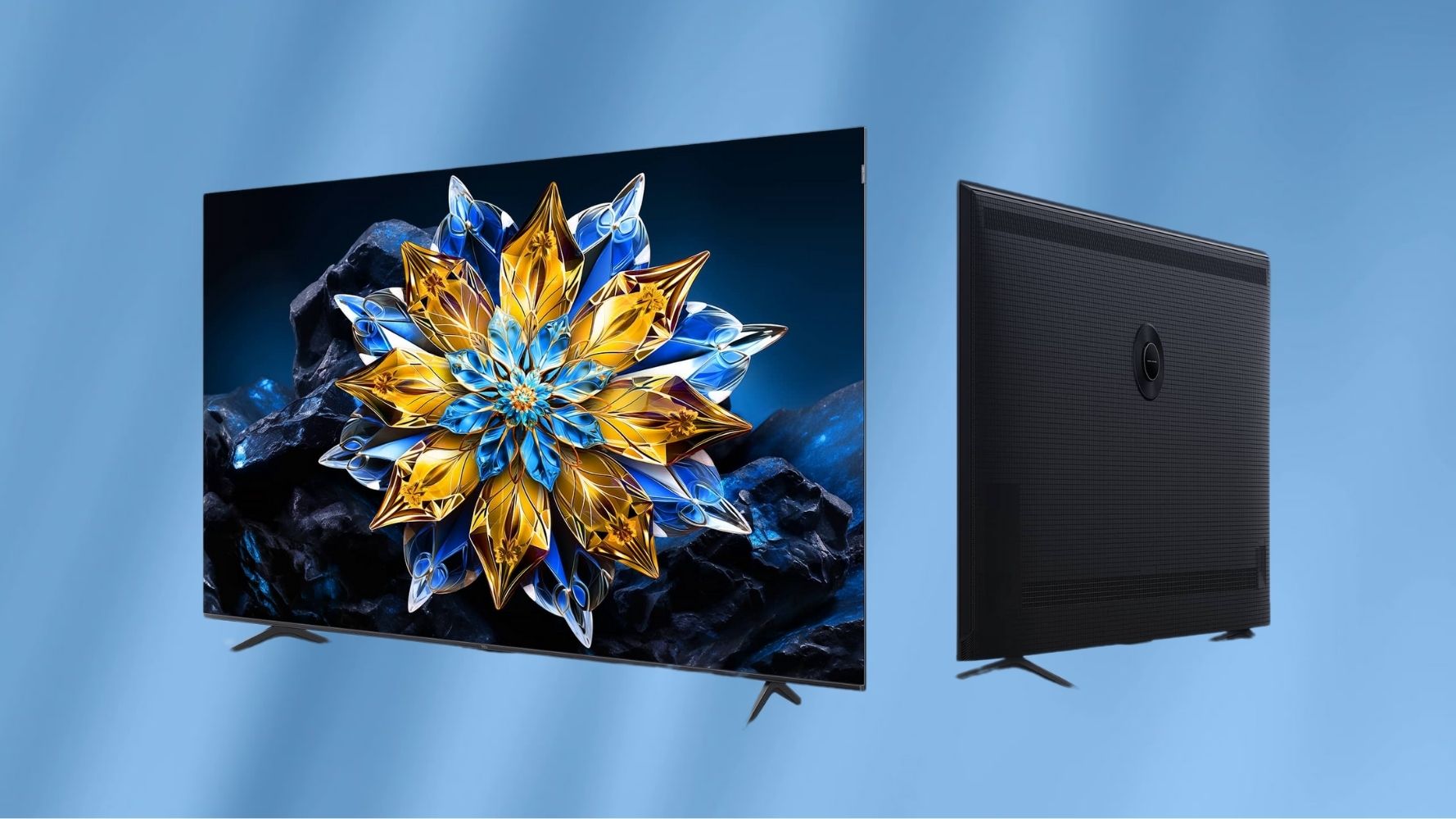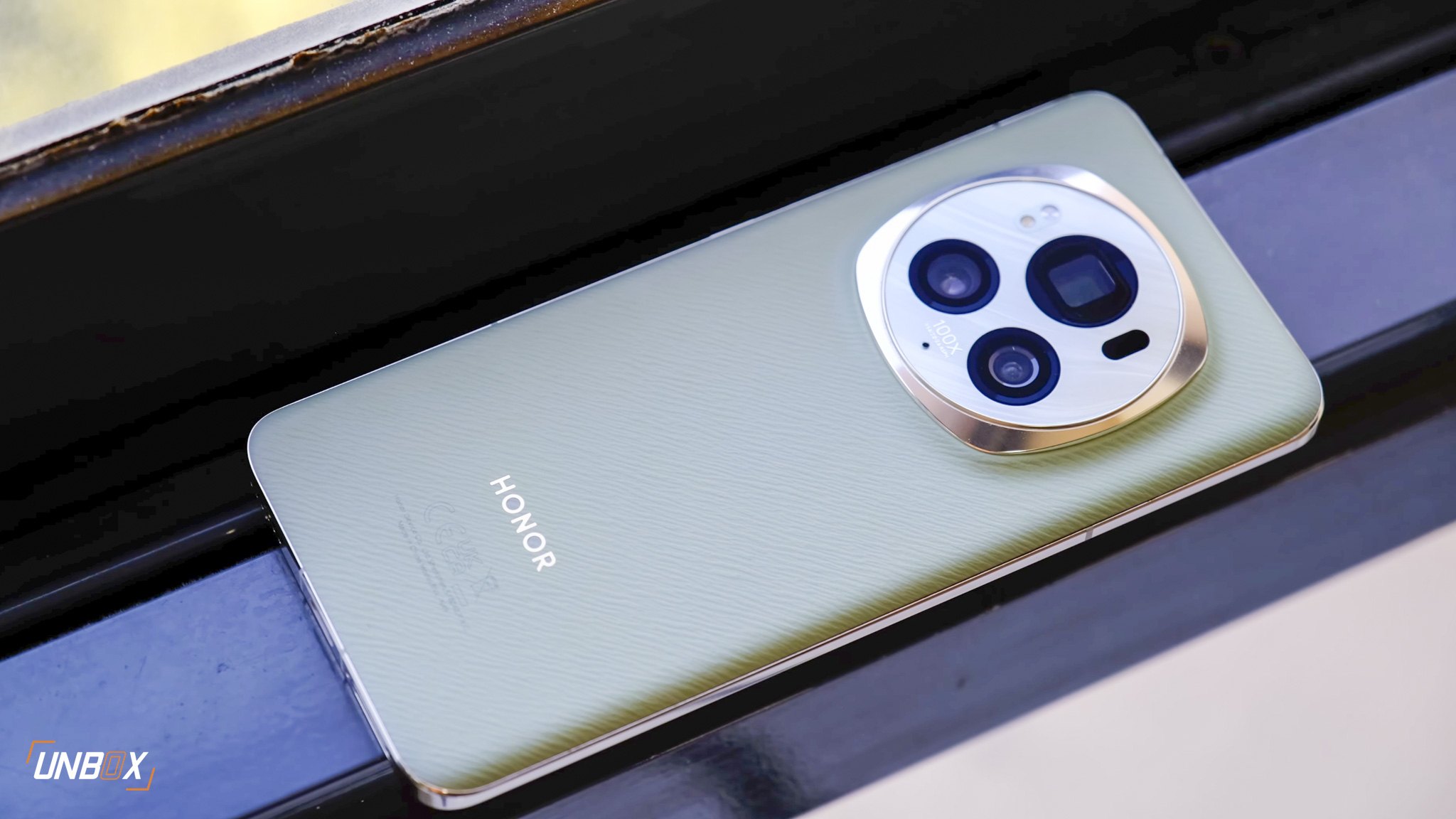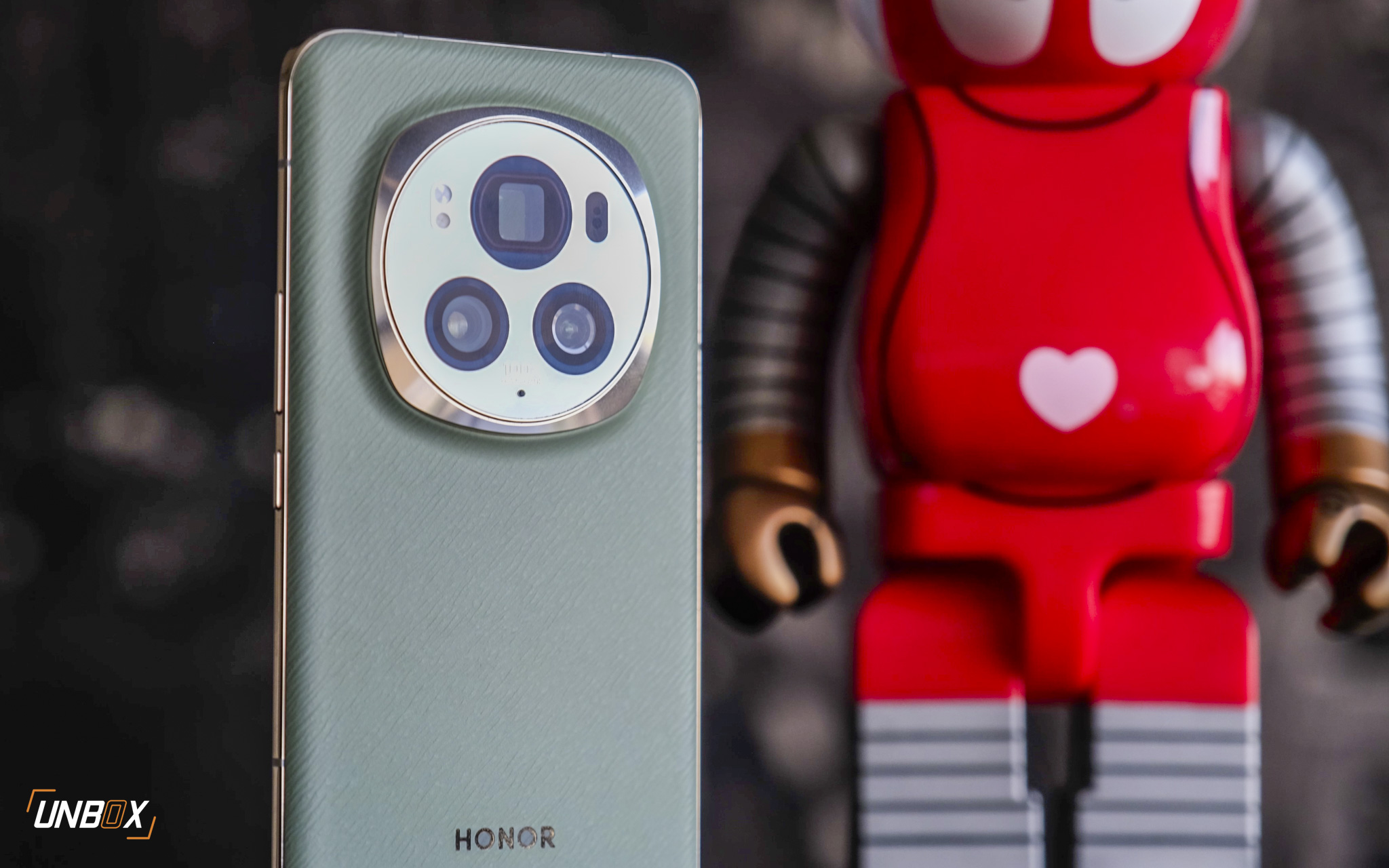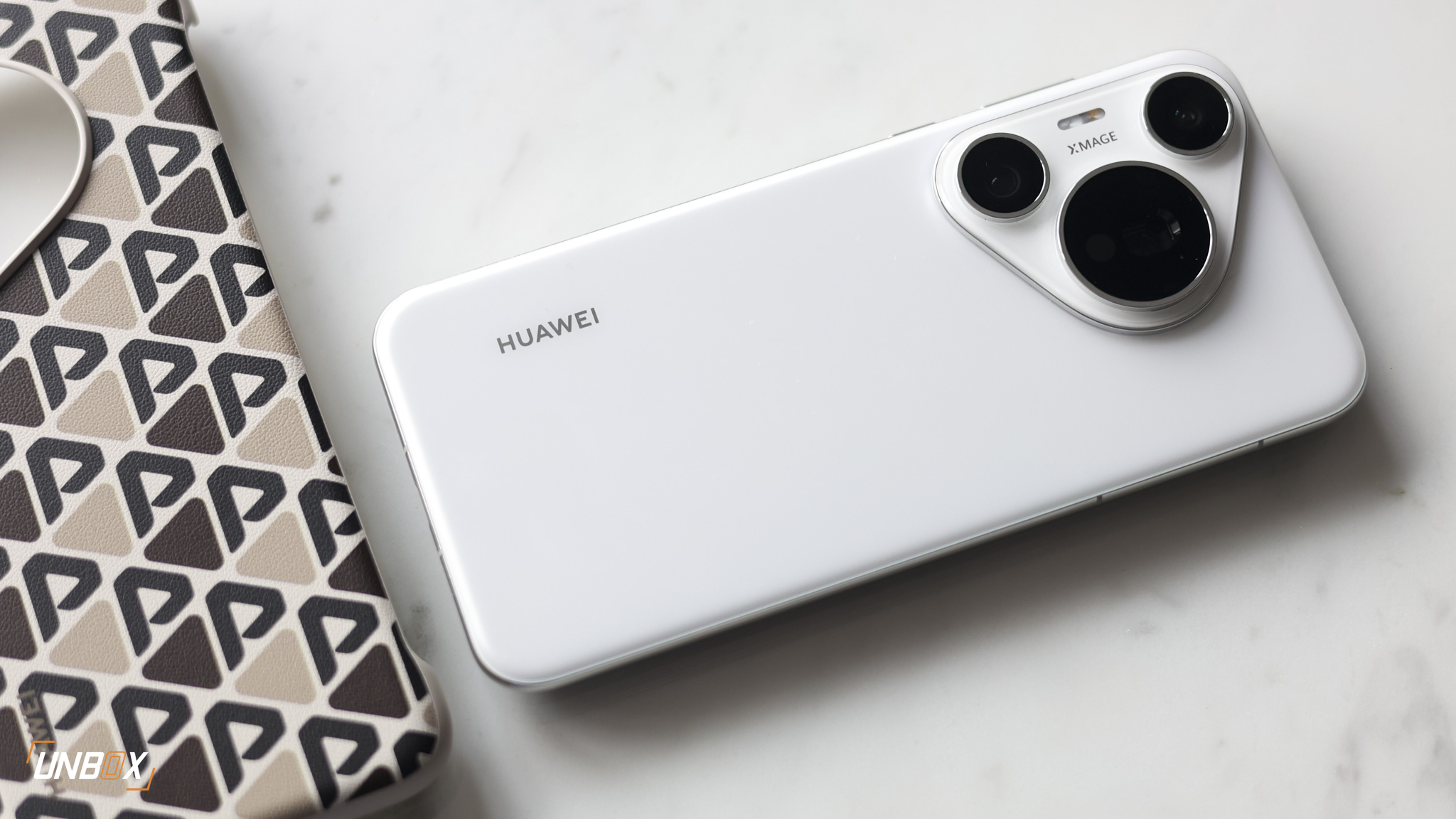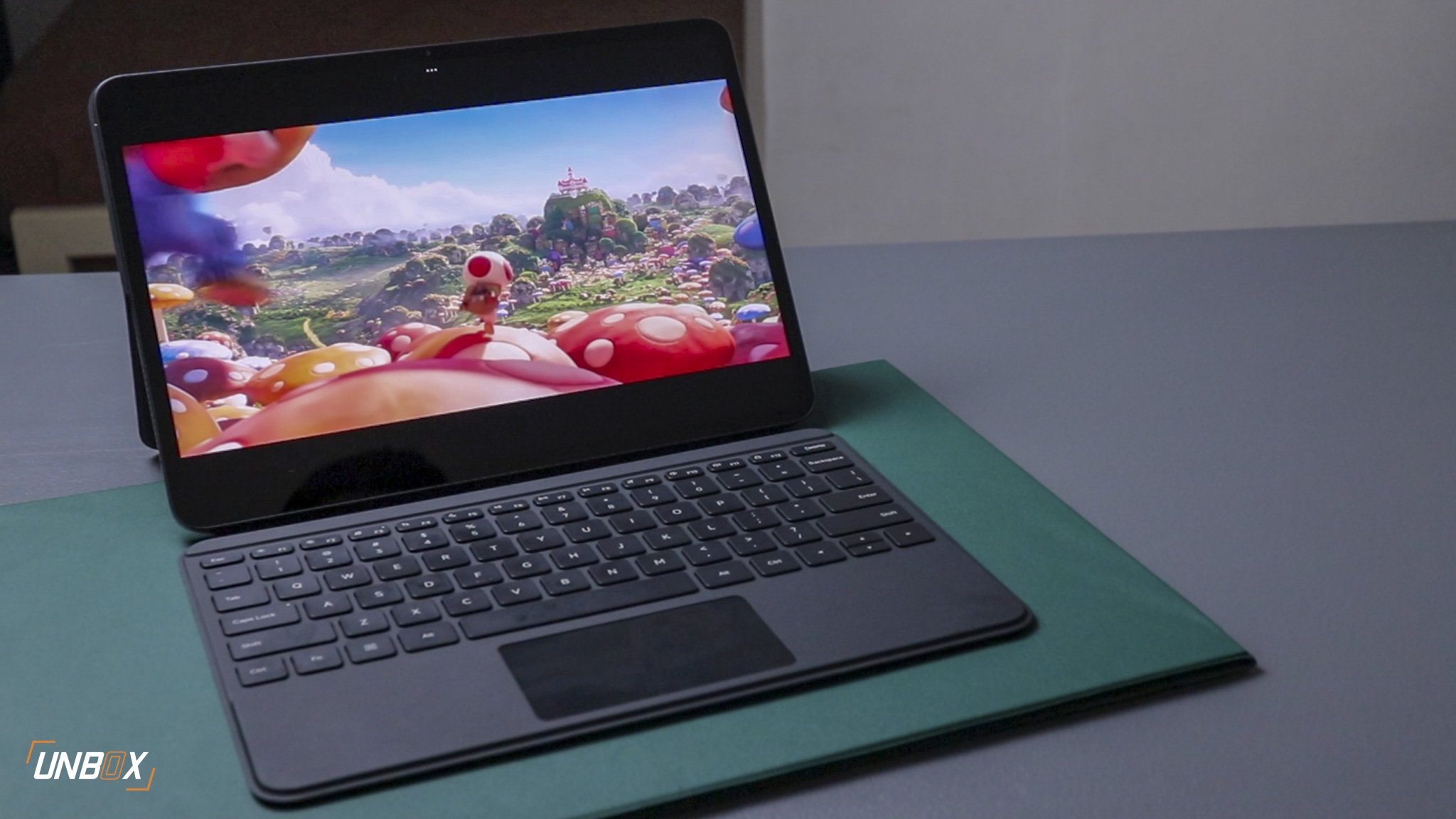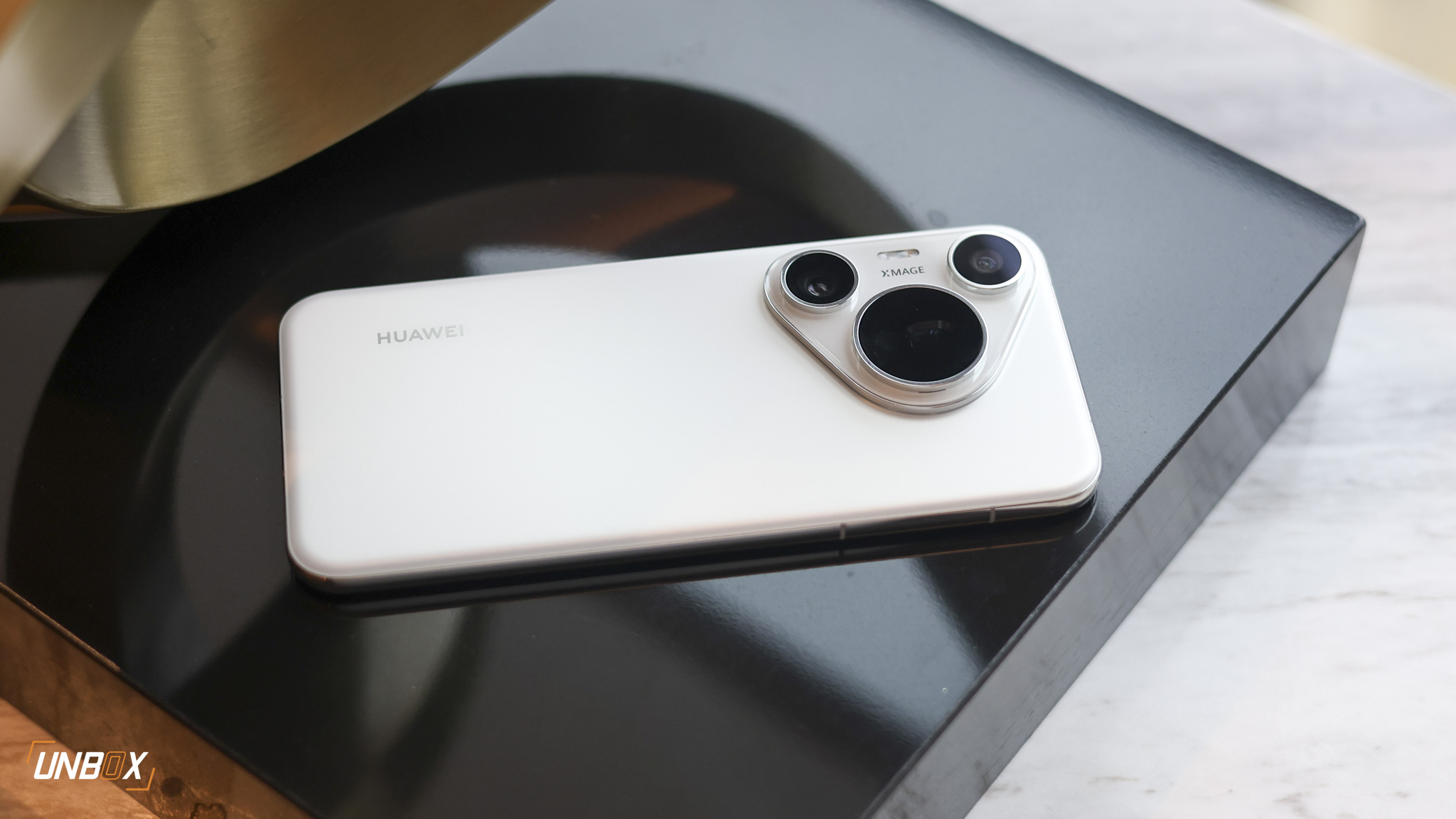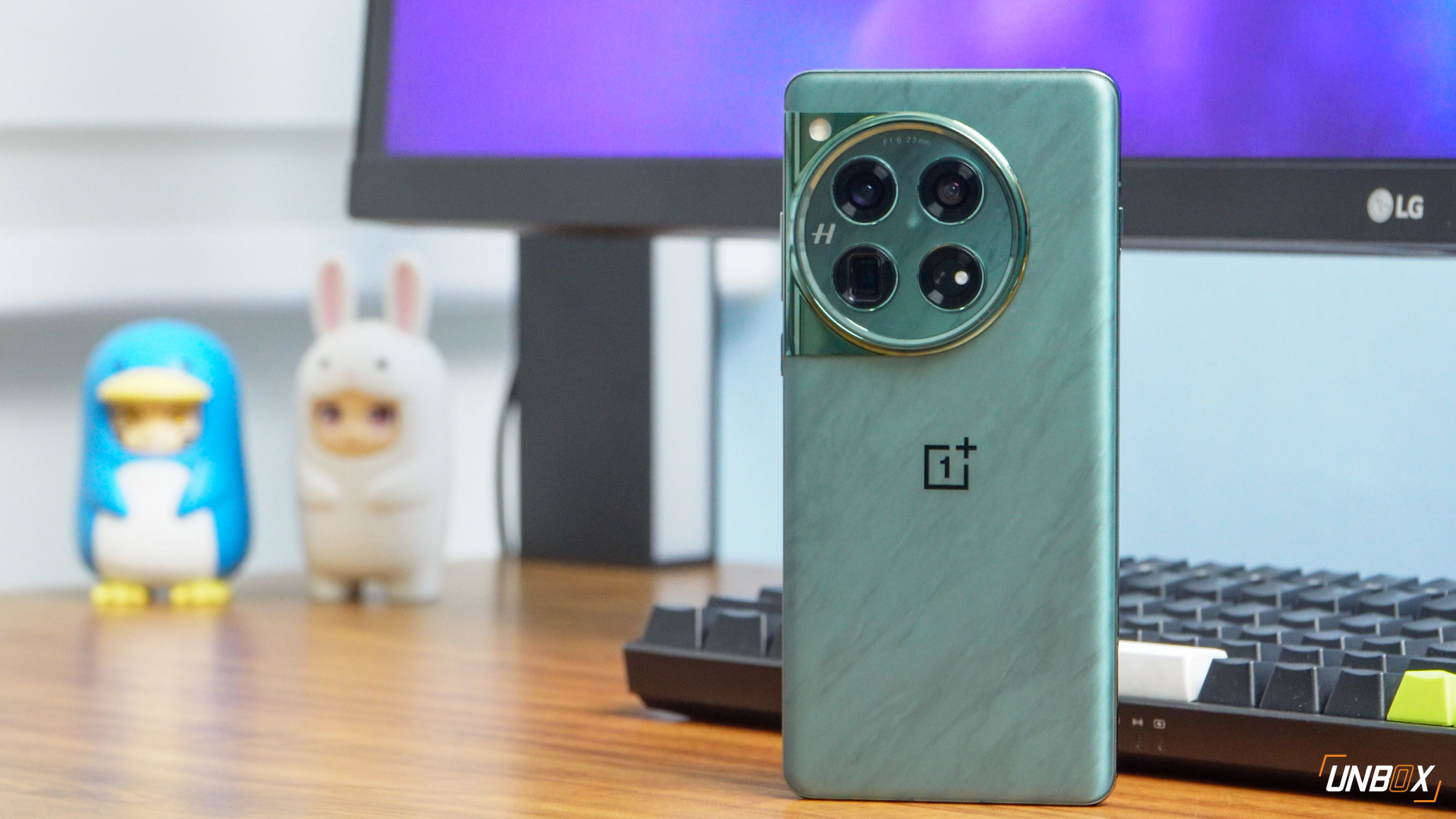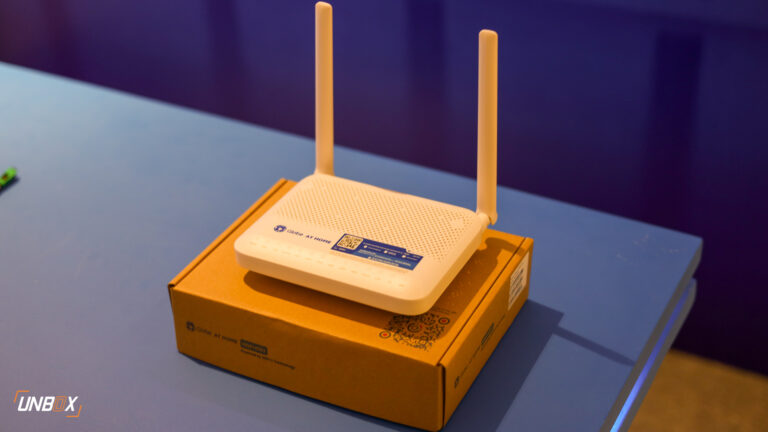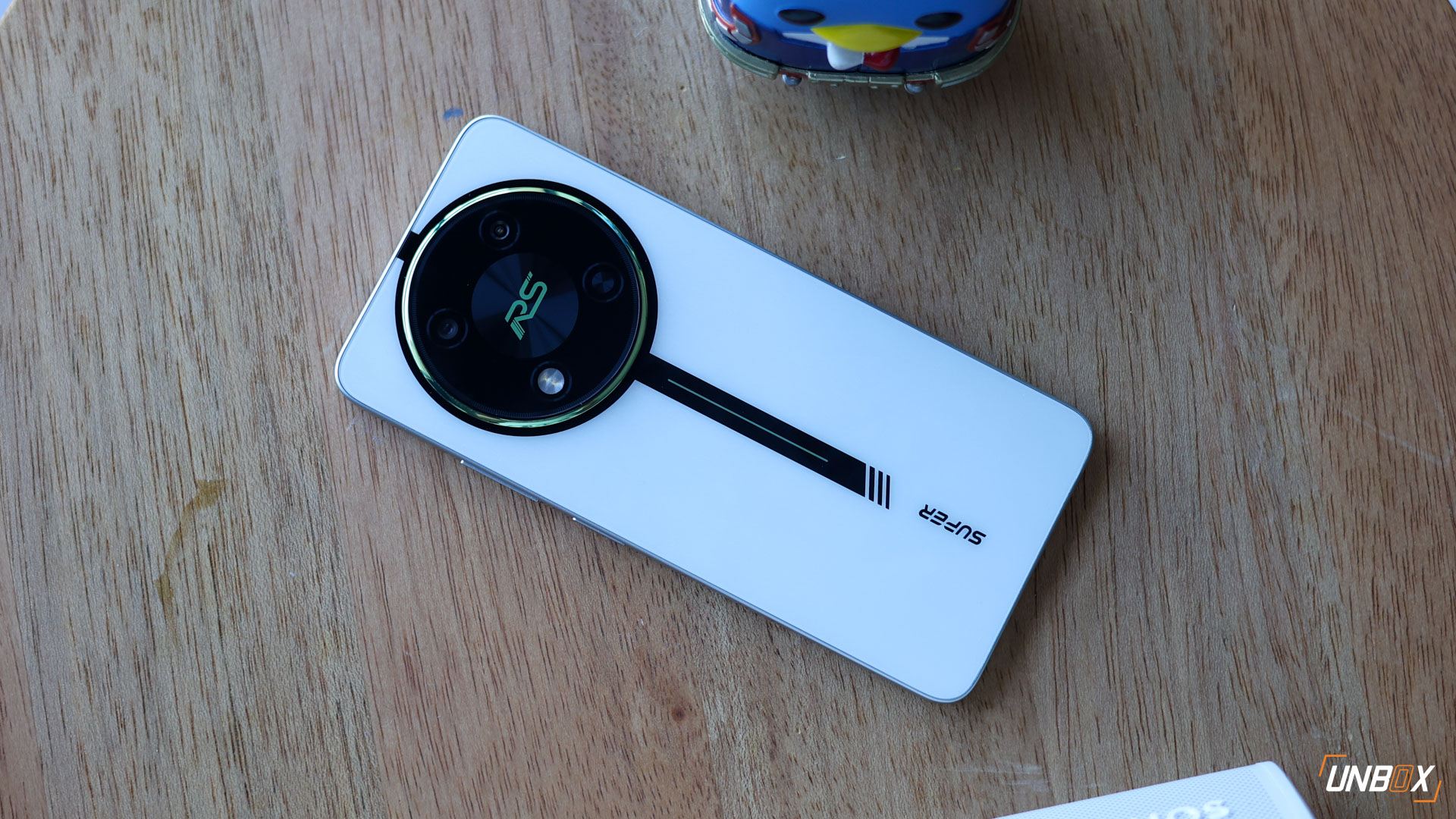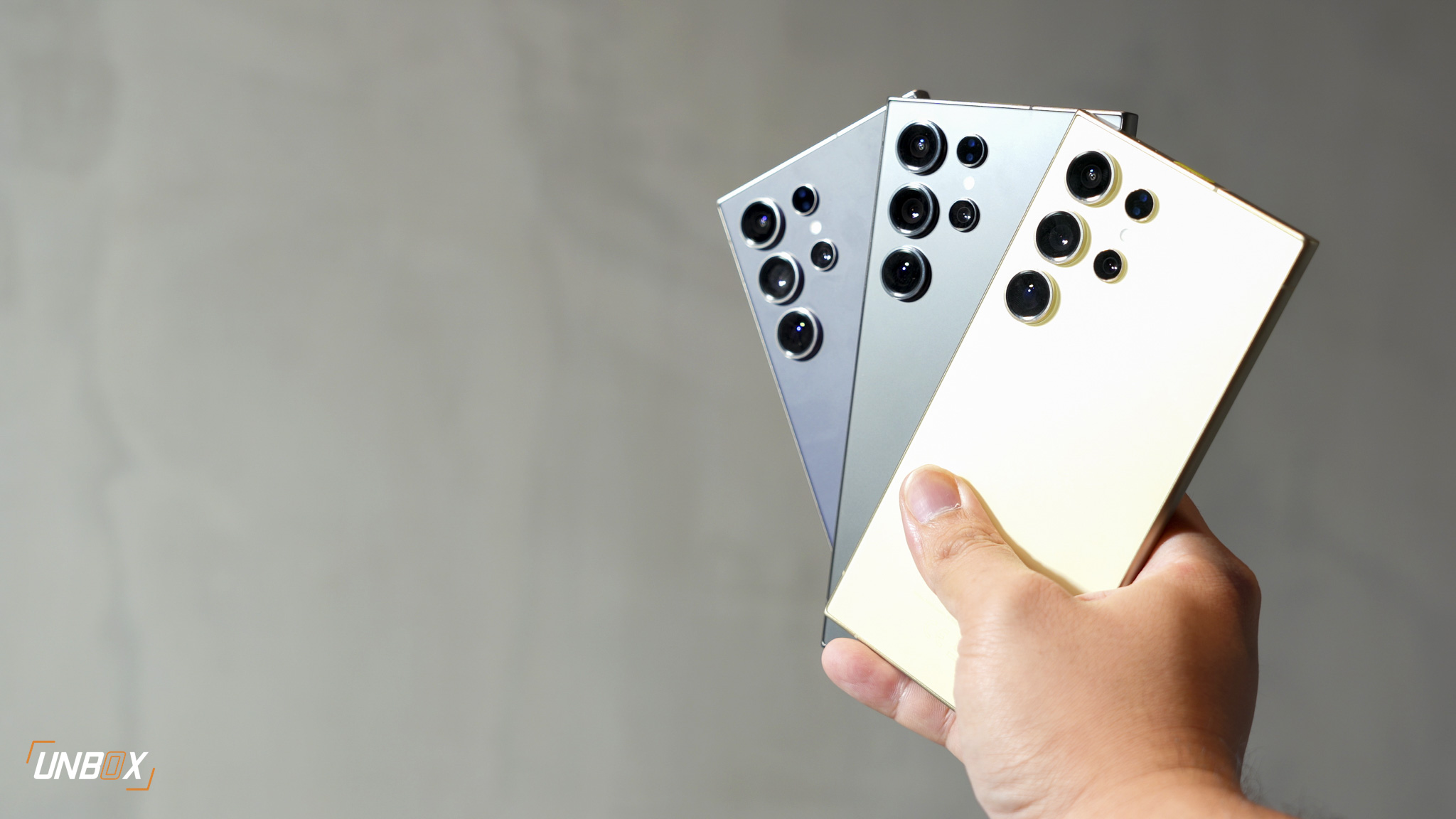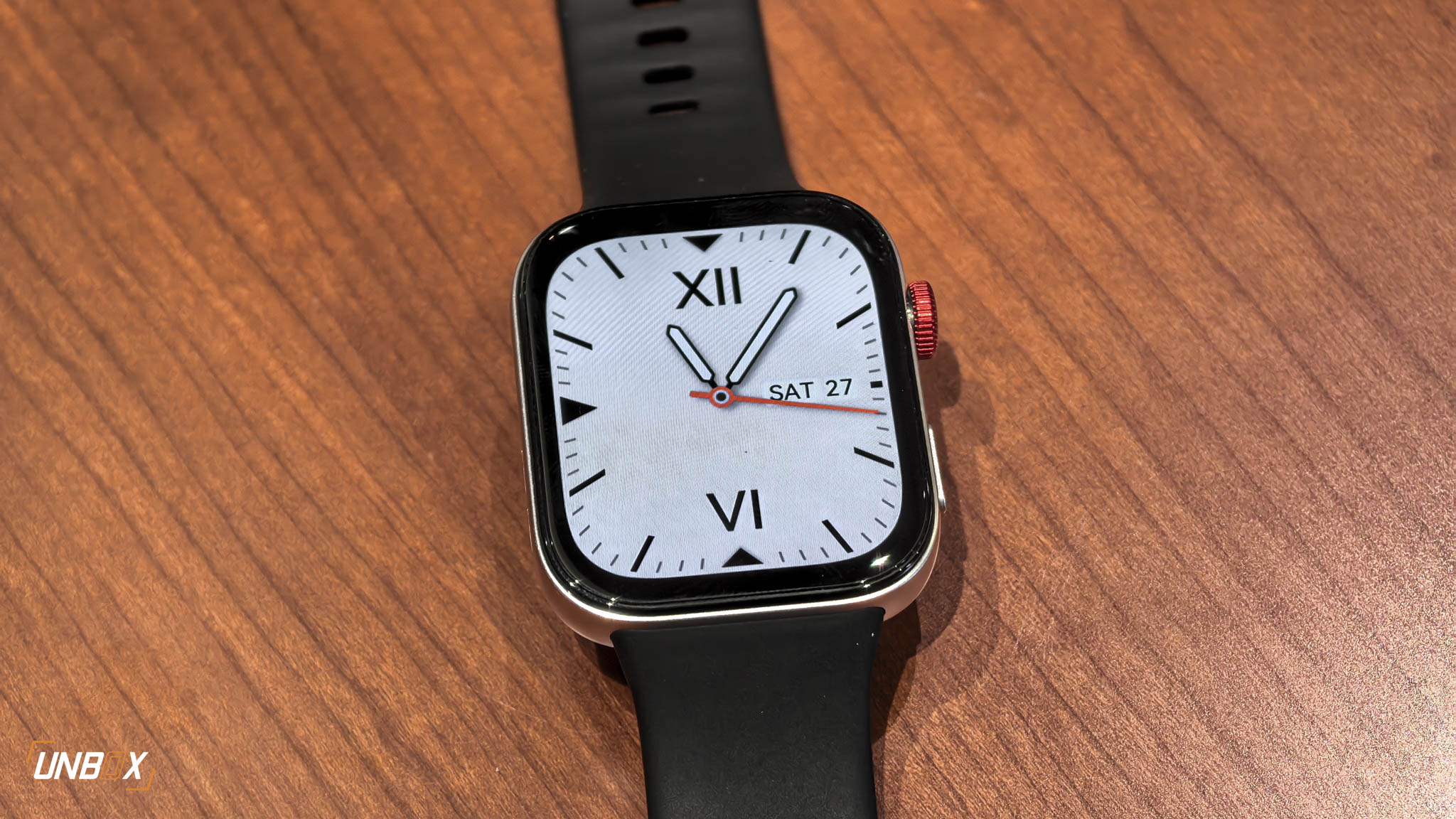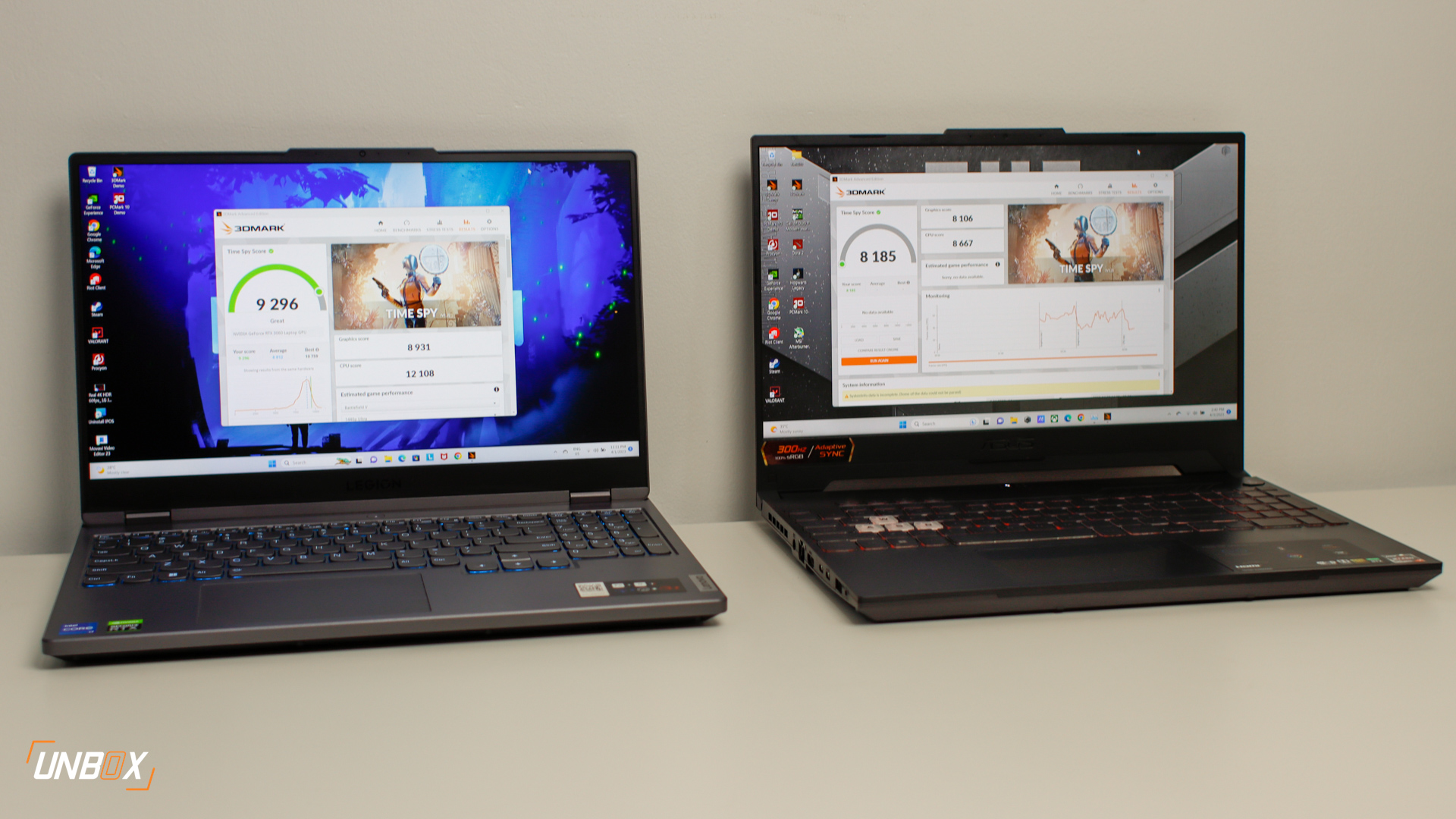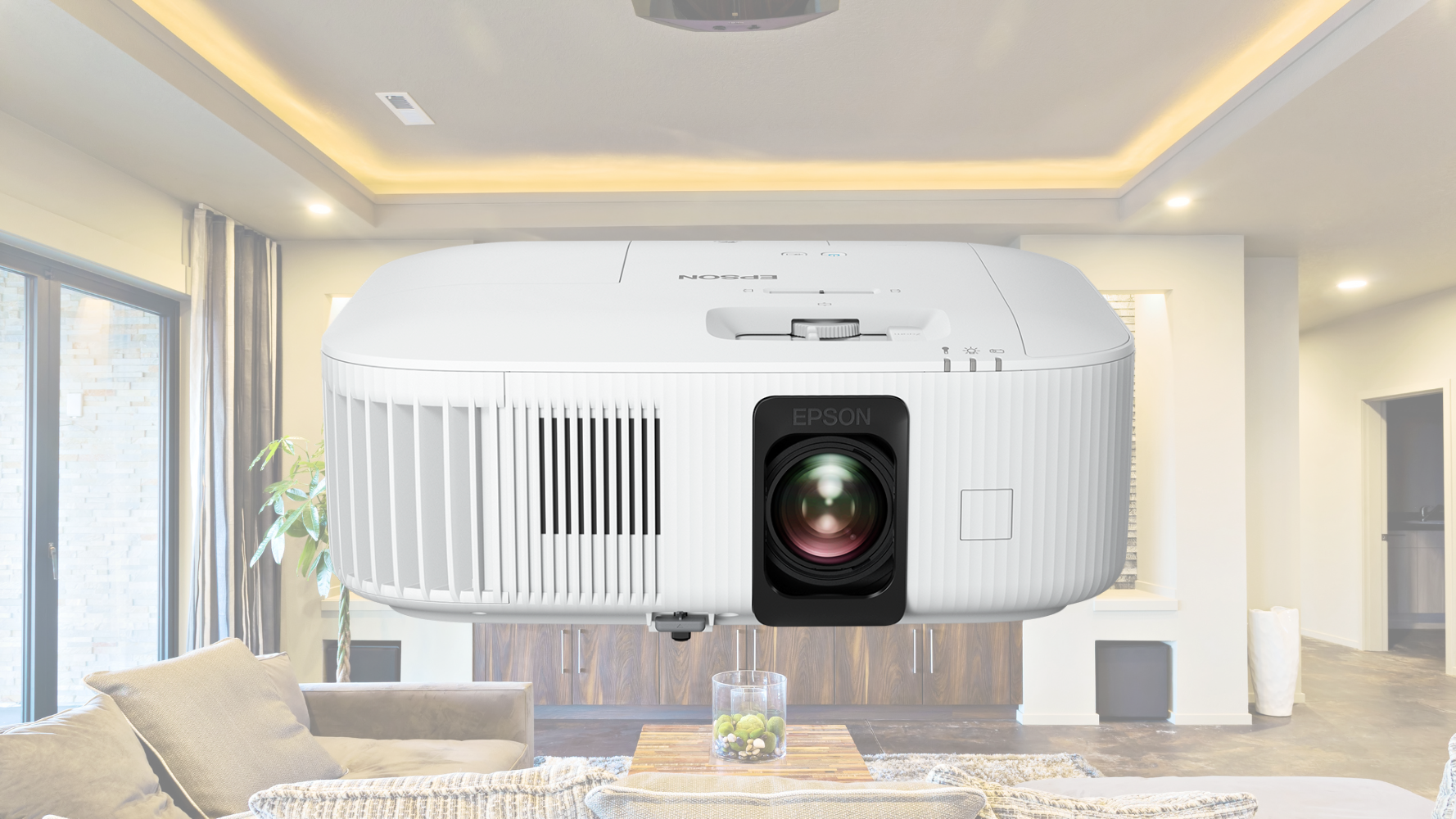Intel continues its push for a hybrid architecture design with the Intel Core Desktop (14th gen) processors. Following a similar approach with mobile processors, Intel’s hybrid architecture design consists of performance and efficiency cores to help its CPUs balance between power efficiency and performance.
This approach is better than Intel’s older CPUs, as the efficiency cores can take care of background apps and other low-level tasks. In contrast, the performance cores only activate when the computer runs demanding tasks.
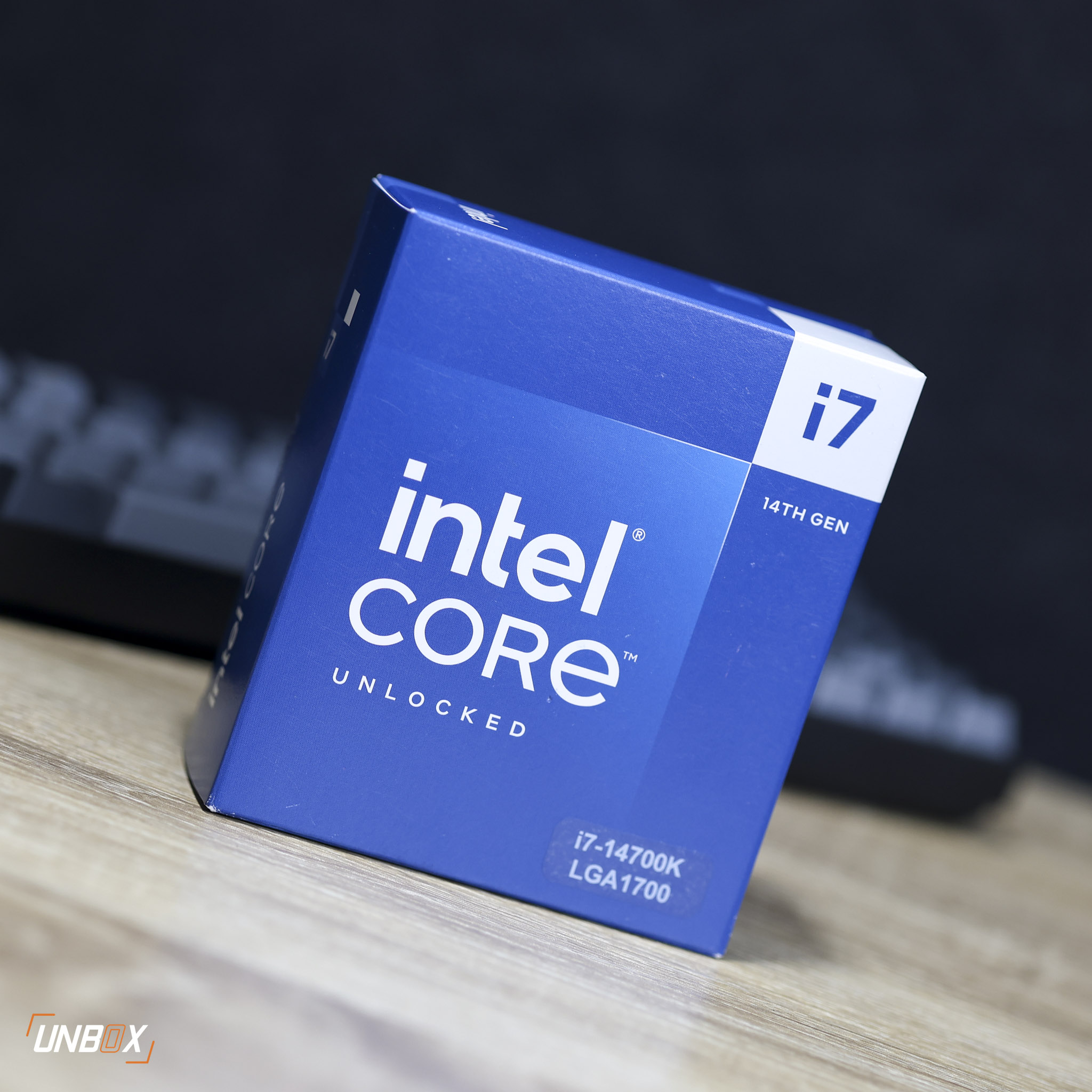
Utilizing the third generation of Intel’s hybrid architecture, you get more performance and efficiency cores–and have a more refined design that allows them to be overclocked beyond 5Ghz when needed. Aside from that, you also get Intel’s Thread Director to optimize workload distribution among performance and efficiency cores.
The Intel Core Desktop (14th gen) processors also bring in other benefits like support for next-generation PCIe 5.0 for faster SSD storage speeds, Xe-powered UHD graphics for better integrated GPU performance, and Thermal Velocity Boost for increased clock speeds at optimal temperatures.
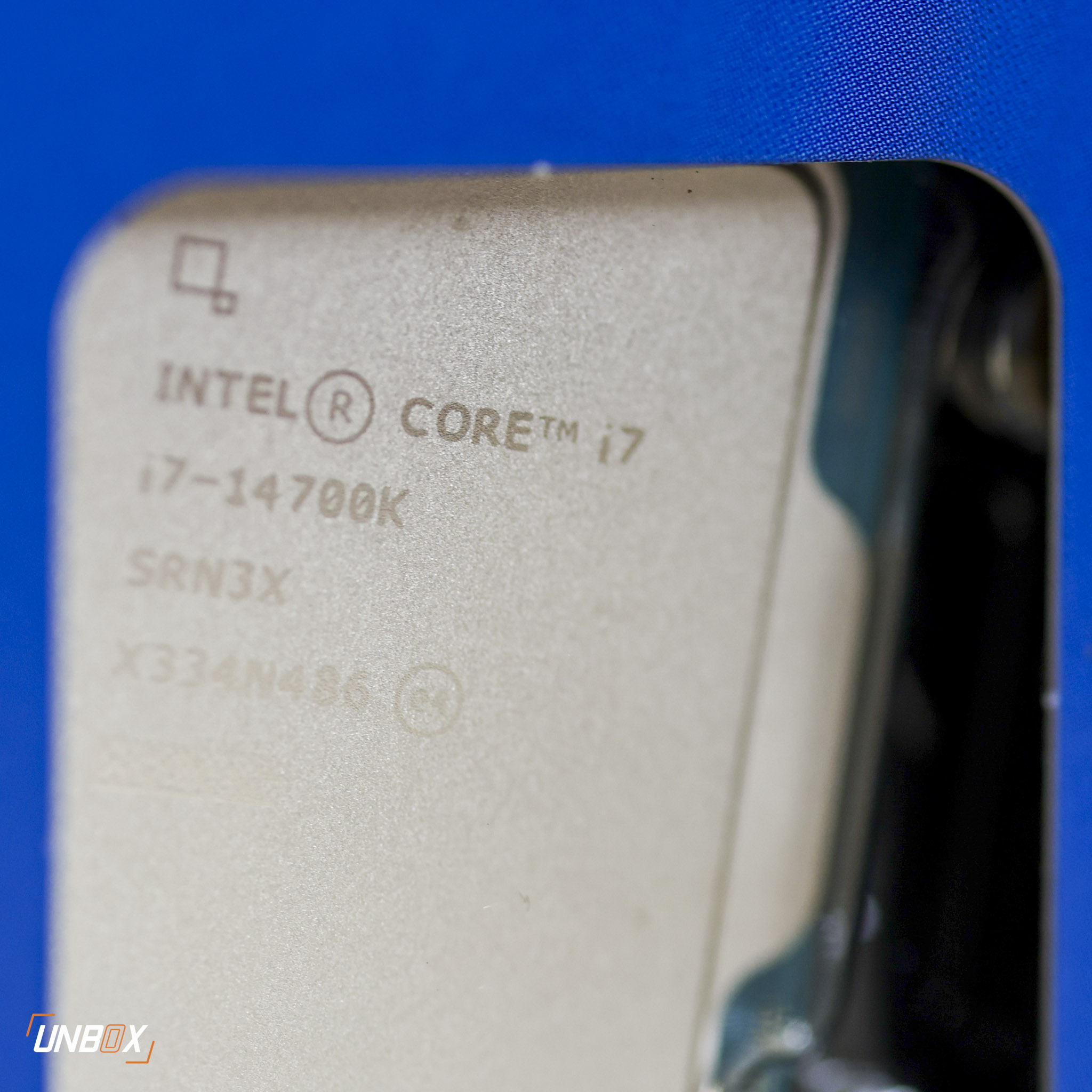
That being said, we got the chance to try out the Intel Core i7-14700K to see the improvements you get compared to the older Intel Core i7-12700K.
Testing conditions
Our test bench consists of the following components:
- ROG Maximus Z790 motherboard
- ROG Strix RTX 4080 16GB OC GPU
- ROG Thor II 1000w Power Supply Unit
- ROG Ryuo III 360 AIO Cooler
- Seagate FireCuda 2TB PCIe 4.0 SSD
- Kingston Fury Beast 32GB DDR5 6000MHz RAM
We conducted our tests in an airconditioned room with a temperature of 25 degrees Celsius. For the test, we will compare the Intel Core i7-14700K to two processors: Intel Core i7-12700K and Intel Core i9-13900K.
How good are the Intel Core Desktop (14th Gen) Processors?
Synthetic Benchmarks
Looking through single-core and multi-core scores in both Geekbench 6 and CineBench R23, the Intel Core i7-14700K delivered a significant increase in performance when compared to the Intel Core i7-12700K. What makes the performance jump for the Intel Core i7-14700K interesting is that it trails behind the Intel Core i9-13900K, which means that the Intel Core Desktop Processor (14th gen) delivers a higher tier of performance at a lower price point.
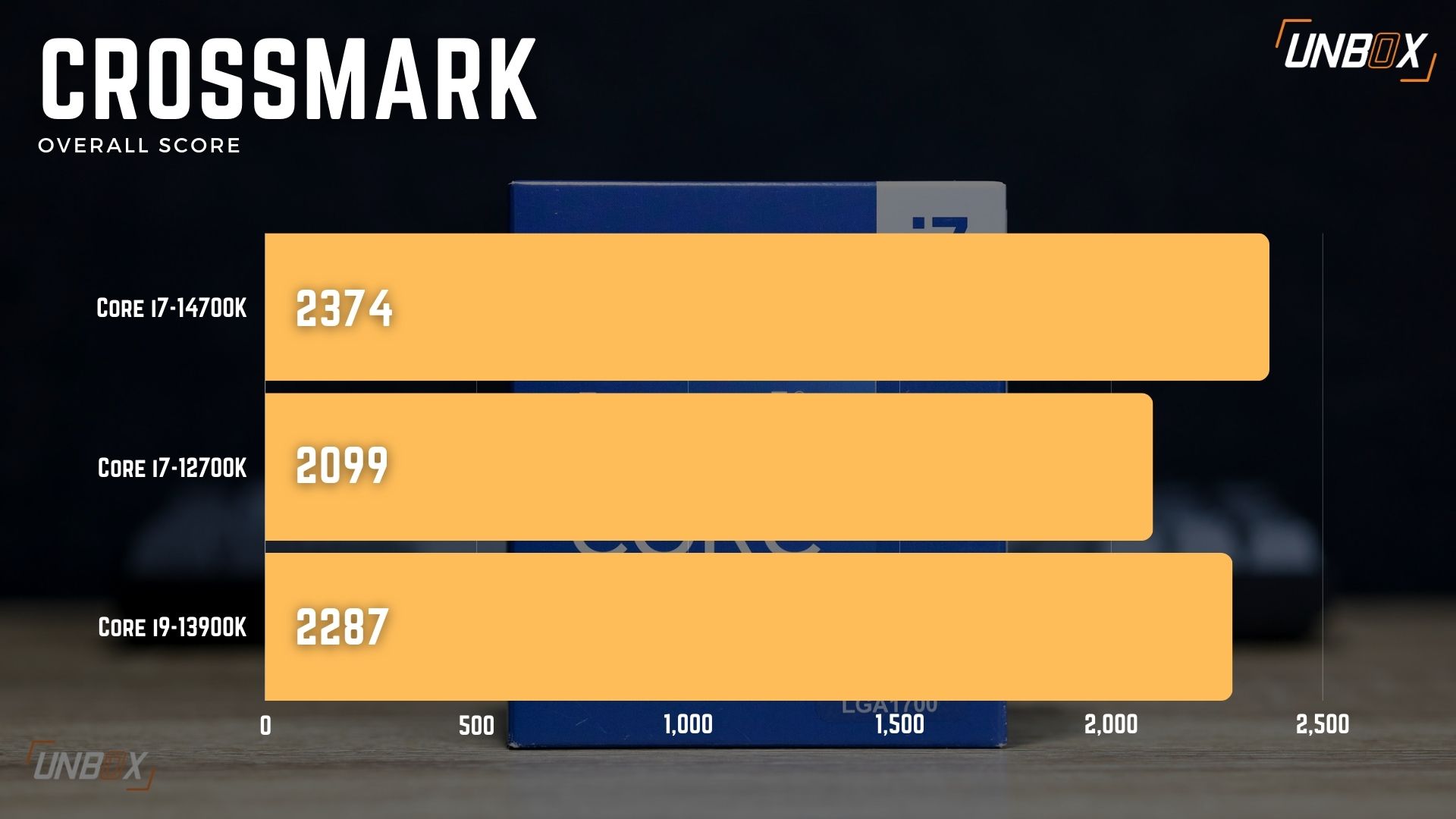
When it comes to general productivity, the Intel Core i7-14700K trails behind the Intel Core i9-13900K, but with only a margin of below 100. That’s an impressive figure, as we’re comparing a top-end Core i9 series processor to a Core i7 series one.
The same can be said with tests done using 3DMark Time Spy, where the Intel Core i7-14700K trades blows with the Intel Core i9-13900K closely in both overall and CPU-only scores.
Gaming Benchmarks
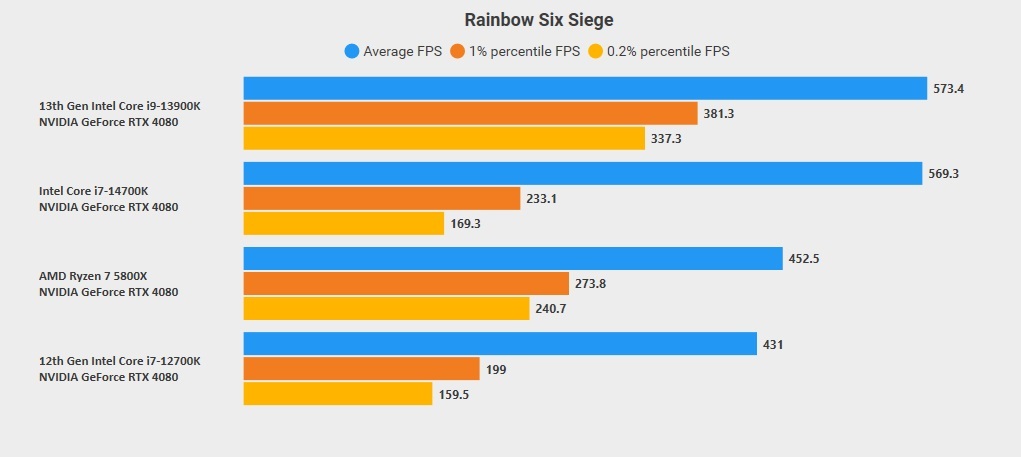
When it comes to gaming, the Intel Core i7-14700K delivered impressive figures. Starting with the tactical shooter game Rainbow Six Siege, the Intel Core i7-14700K is close to the numbers we obtained from the previous-generation Core i9-13900K. Against the Ryzen 7 5800X and Intel Core i7-12700K, we noticed a jump of at least 100 on average FPS. Intel’s improvements in its hybrid architecture are also seen with the 1% FPS, as the Intel Core i7-14700K showed a 30FPS improvement over the Intel Core i7-12700K.
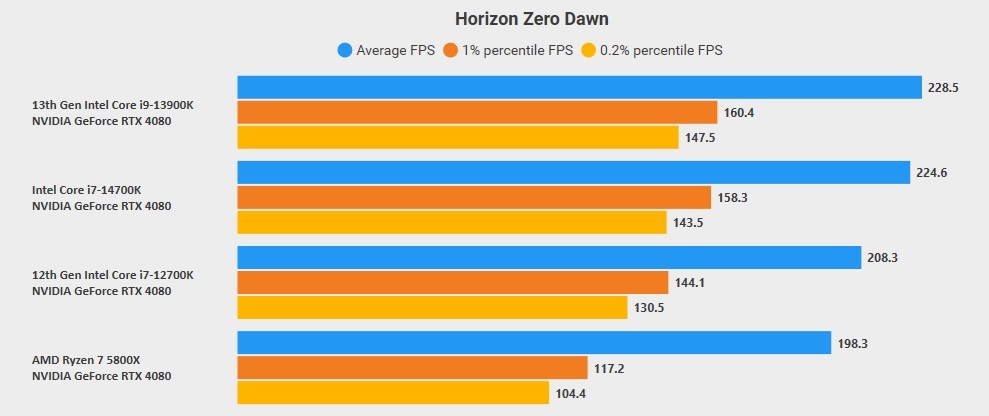
We also noticed the same trend with Horizon Zero Dawn, where the Intel Core i7-14700K trails behind the Intel Core i9-13900K by a small margin. You get a good performance improvement with the Intel Core i7-14700K compared to the Intel Core i7-12700K and Ryzen 7 5800X, especially with 1% FPS–which further shows the refinement with the Intel Core i7-14700K’s architecture.
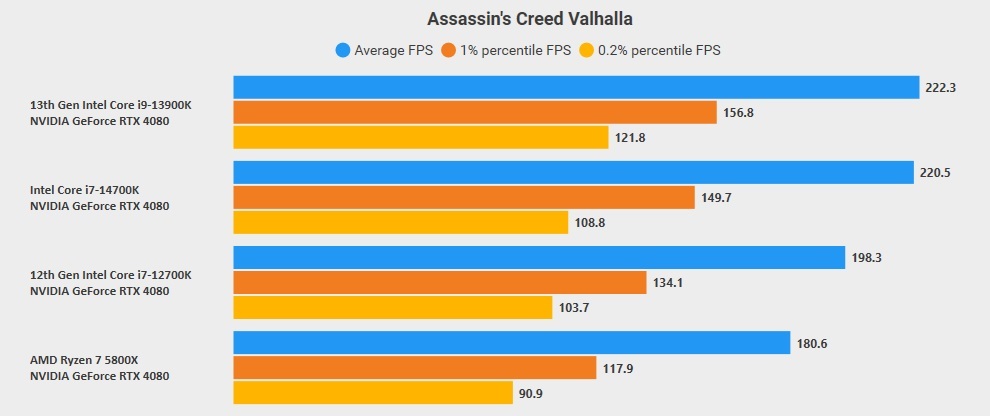
The same trend is also evident with Asassin’s Creed Valhalla, with the Intel Core i7-14700K trading blows with the Core i9-13900K in average FPS. The Intel Core i7-14700K’s 1% and 0.2% FPS numbers may only have a small margin compared to the Intel Core i7-12700K, but you are getting a good 22FPS gain on average FPS.
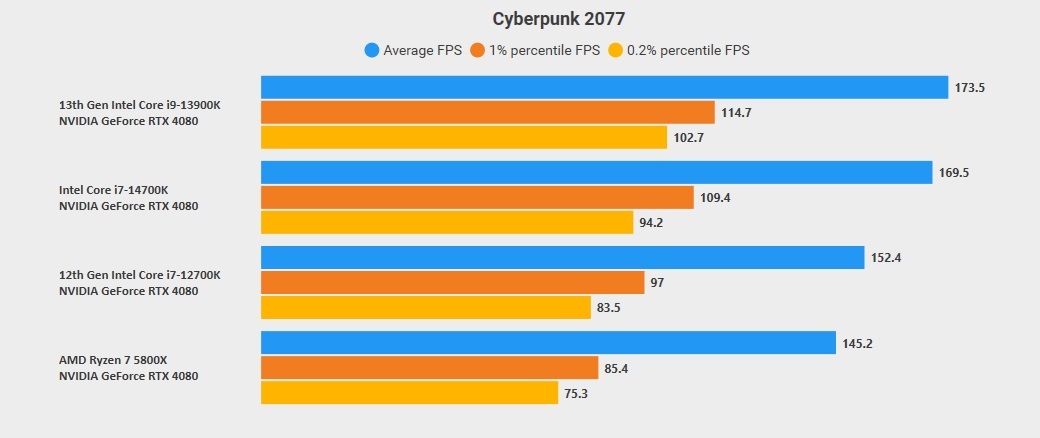
Of course, our gaming benchmarks are not complete without Cyberpunk 2077, which is one of the most demanding AAA games to date. While the Intel Core i7-14700K’s FPS numbers are not as close to the Intel Core i9-13900K as compared to the other 3 games, you are still getting a sizeable performance improvement across the board when compared to the Intel Core i7-12700K and Ryzen 7 5800X.
Overall power draw
One of the factors that makes the Intel Core i7-14700K offer a significant leap over the Core i7-12700K is that the former has a higher peak power of 246w compared to the latter’s 171w total peak power. While that’s a rather large jump in peak power, the Intel Core i7-14700K has a lower peak power compared to the Intel Core i9-13900K, which has a peak power close to 300w (293.618 watts to be specific).
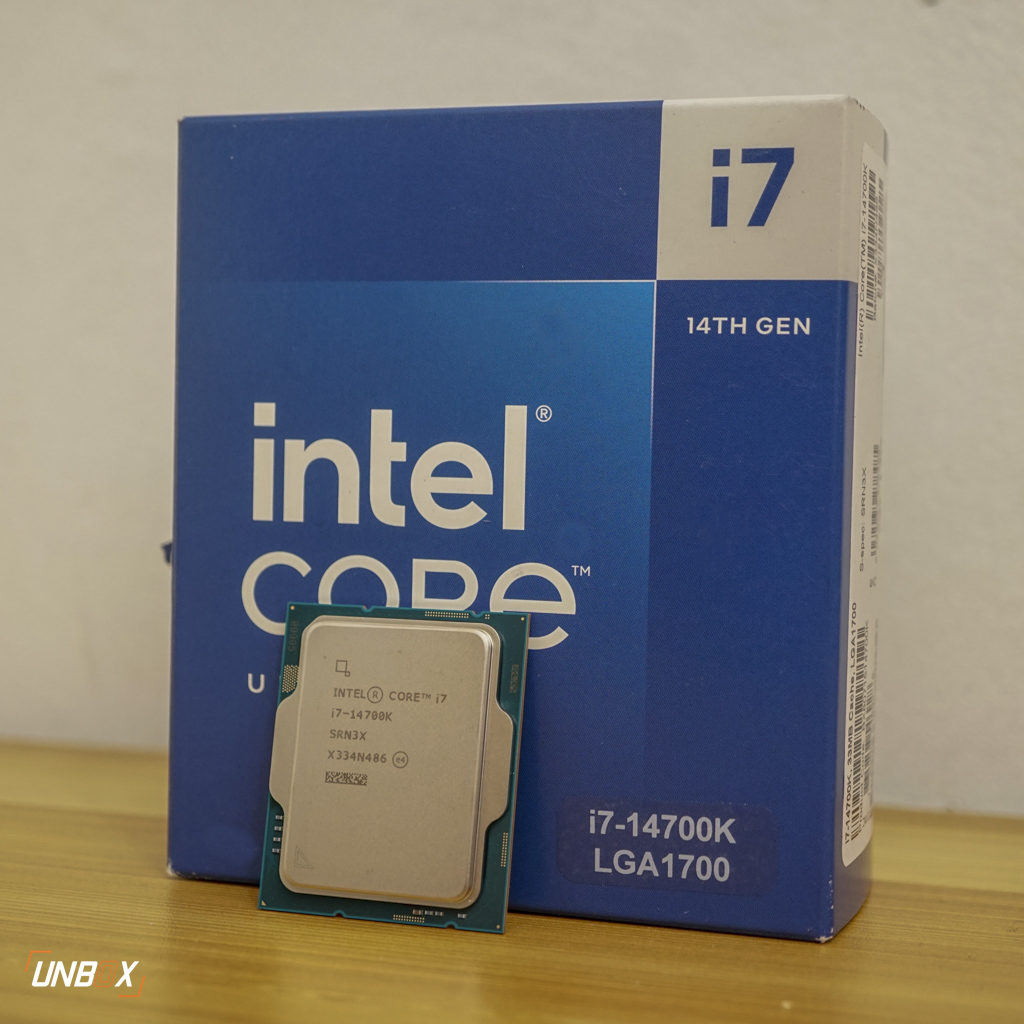
Conclusion: Intel’s Core Desktop Processor (14th gen) is its most refined processor to date
Looking through the numbers, It’s impressive to see how Intel’s Hybrid Architecture design has improved in every generation. The gap between the Intel Core Desktop Processor (14th gen) and 13th gen presented a significant jump, as the Intel Core i7-14700K can match the higher-end Intel Core i9-13900K at a lower price point and a lower peak power draw.
Our findings further prove that the Intel Core Desktop Processor (14th gen) represents the pinnacle of its hybrid architecture design–that going for a mix of performance and efficiency cores gives users the best of both worlds.
When it comes to upgrading, we advise you to go for the Intel Core Desktop Processor (14th gen) IF you are coming from a 12th gen Intel Core Desktop processor since the performance games between both generations are well justified.
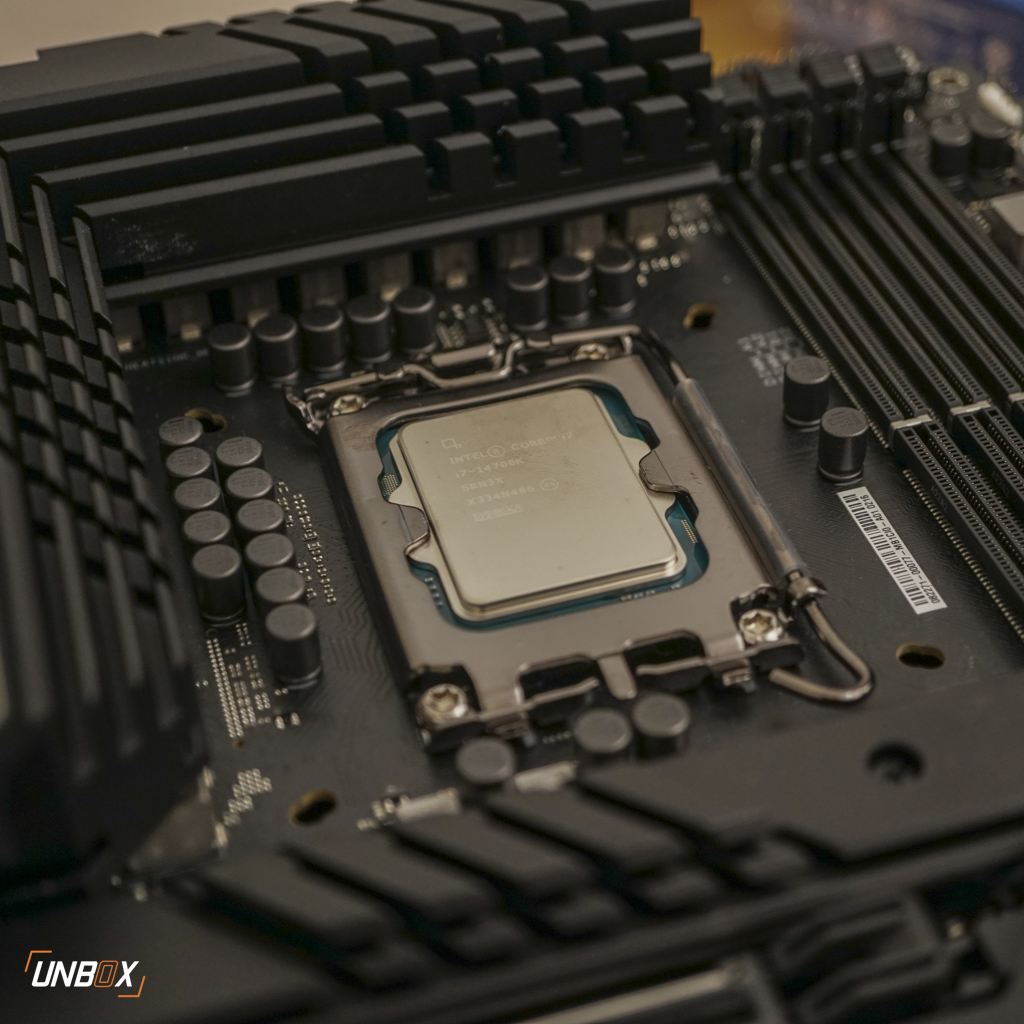
What do you need before buying an Intel Core Desktop Processor (14th gen)?
While one of the advantages of the Intel Core Desktop Processor (14th gen) is that it supports the same Z790 motherboards used for the 12th gen Intel Core Desktop processor, you need to make sure that the motherboard has been flashed to properly support an Intel Core Desktop Processor (14th gen).
Another factor for the Intel Core Desktop Processor’s (14th gen) higher performance is that it’s “designed” to operate at a higher temperature, with a thermal limit of 100 degrees Celsius compared to 86 degrees Celsius with the 12th gen Intel Core Desktop processor. To maximize the sustained performance (and boost clock speeds) of the Intel Core Desktop Processor (14th gen), we advise that you invest in a good AIO cooler–having good cooling on your build will help the Intel Core Desktop Processor (14th gen) bring out its full potential.
For your power supply, a 1000w PSU should be enough to power an Intel Core Desktop Processor (14th gen) together with other components like your GPU.
Intel’s Core Desktop Processors (14th gen) are available at PC Express, Infoworx, PC Hub, JDM, Dynaquest, Interpace, and Thinking Tools.


